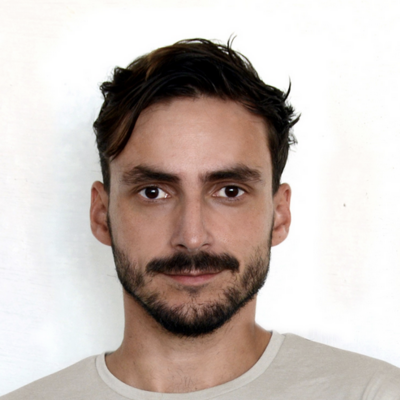



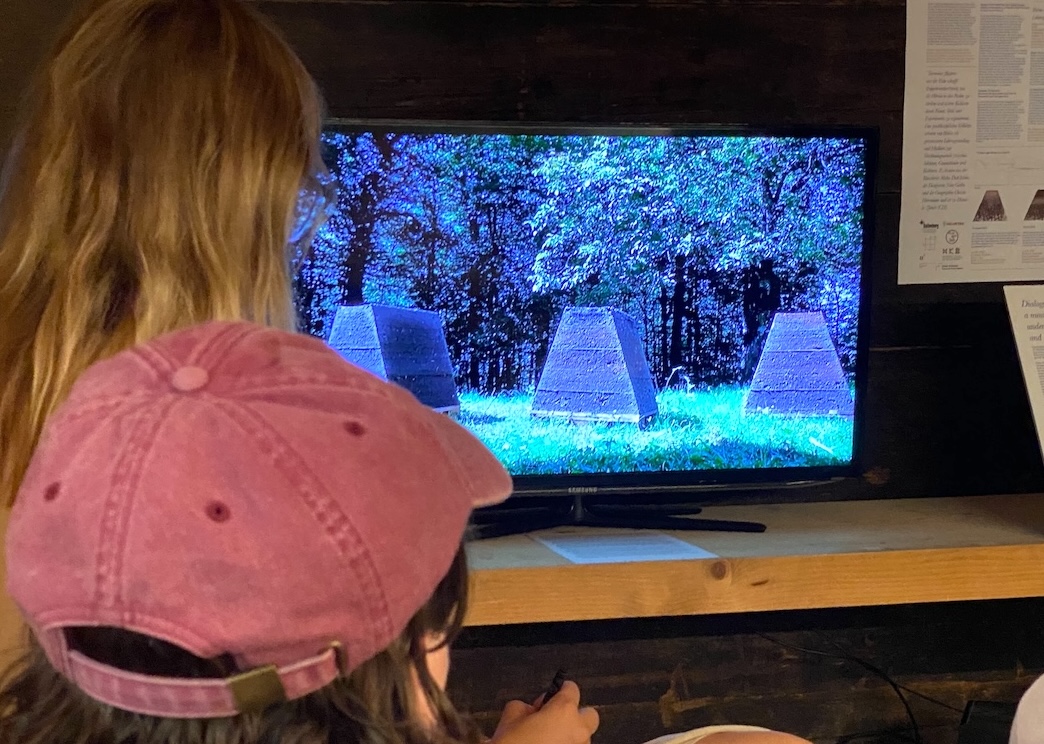
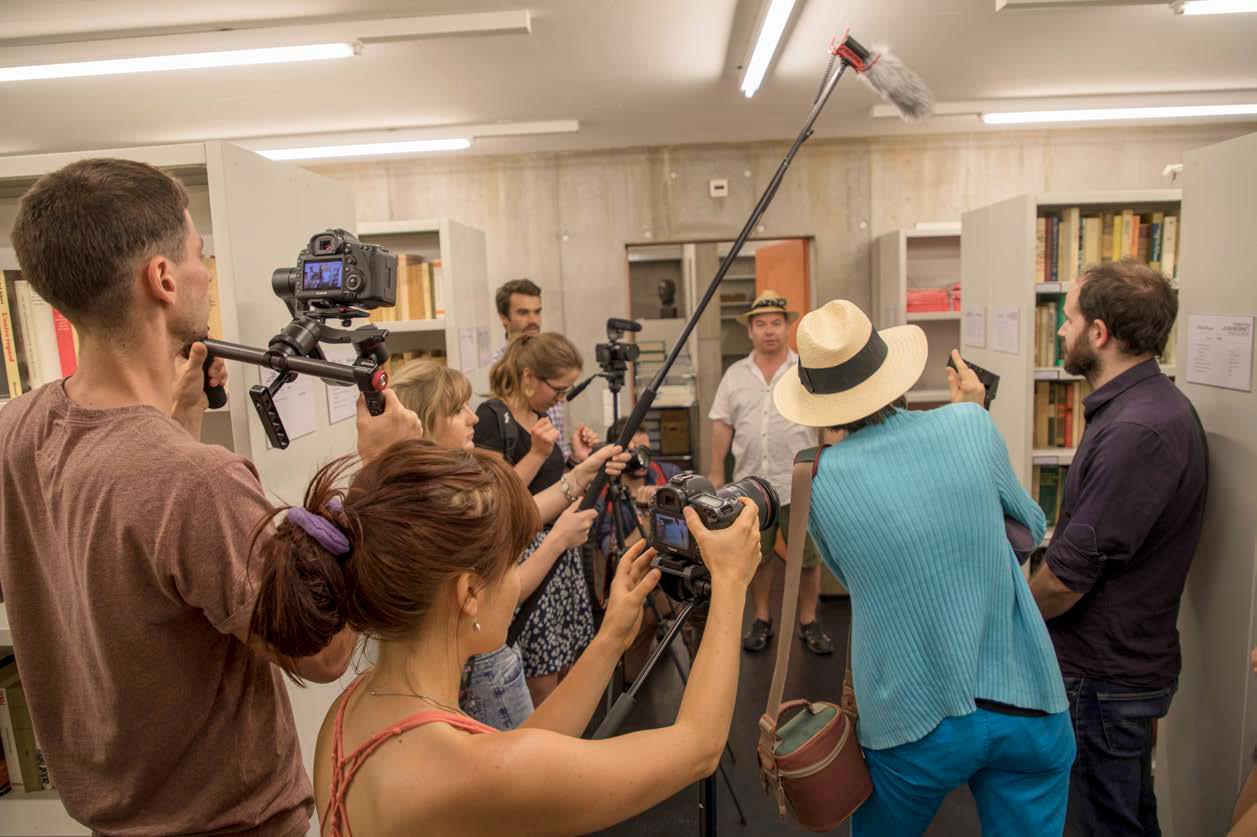

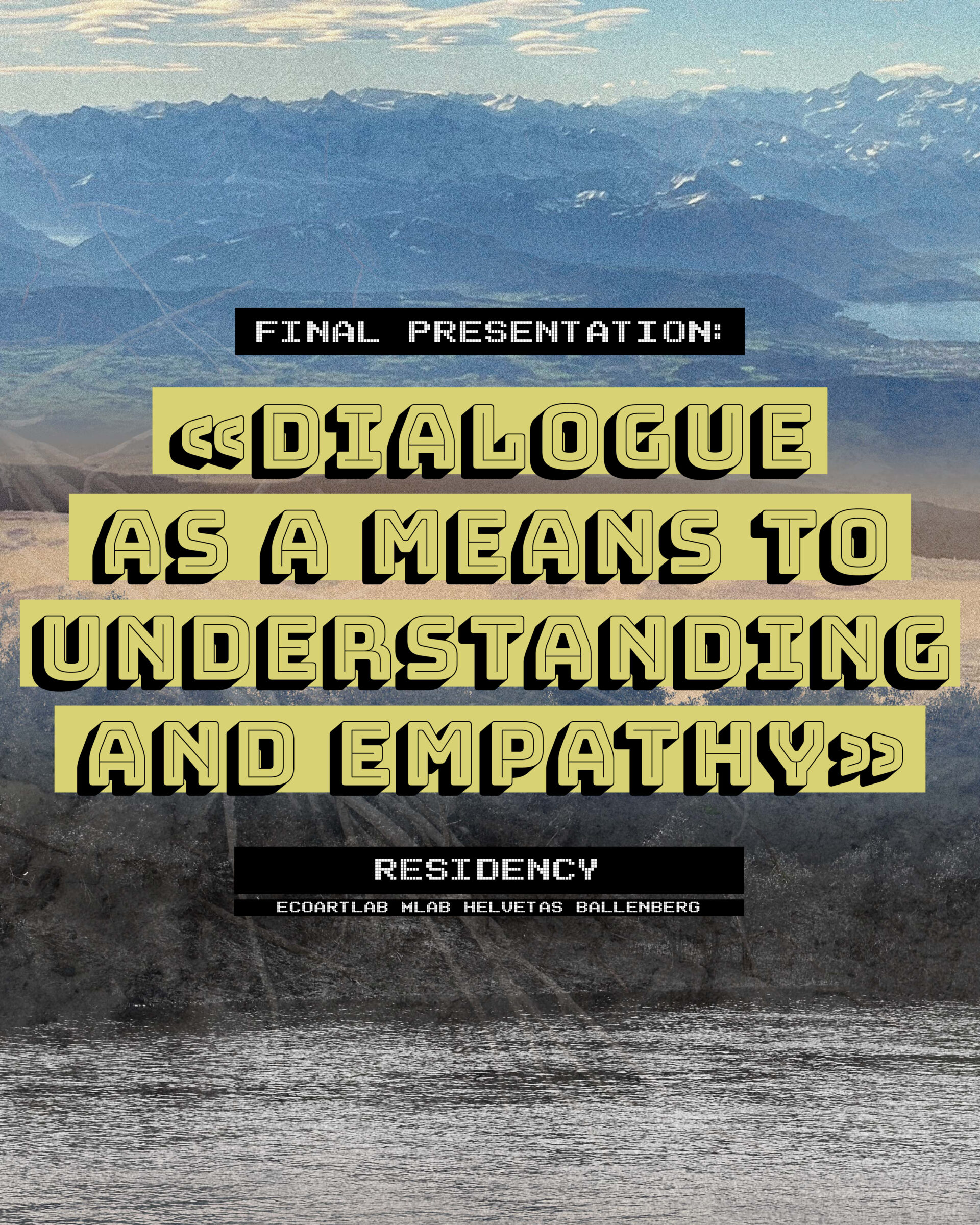
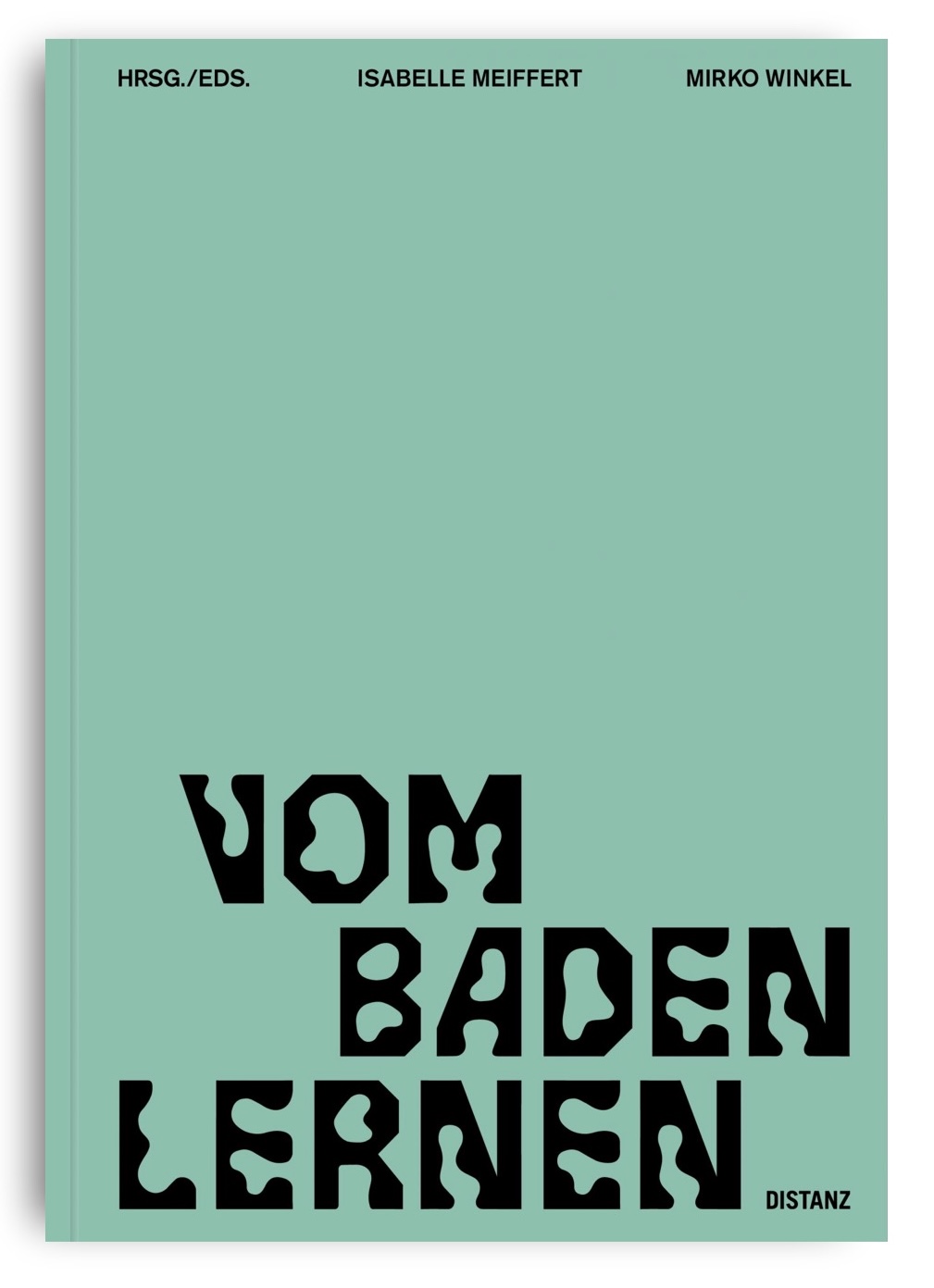
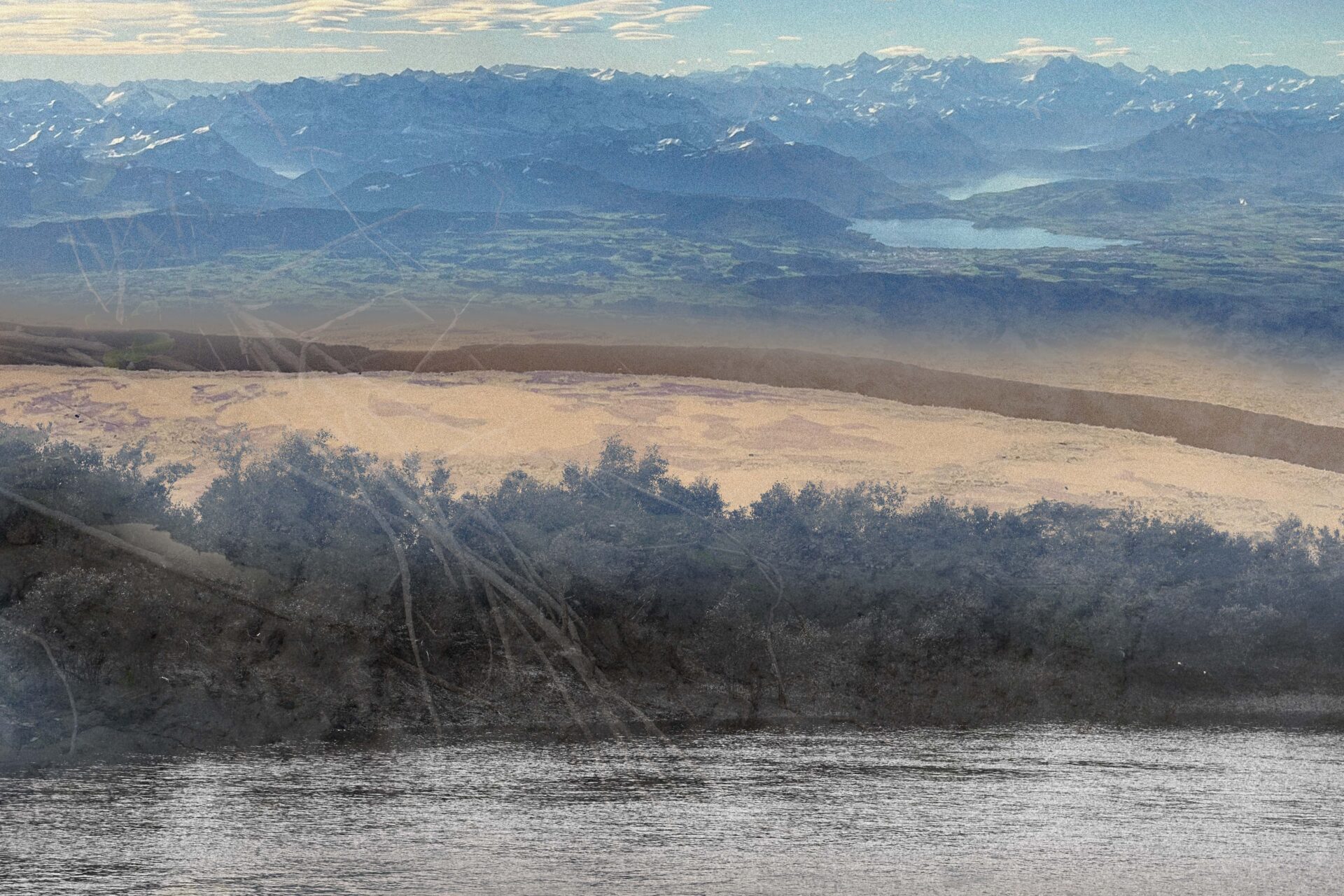
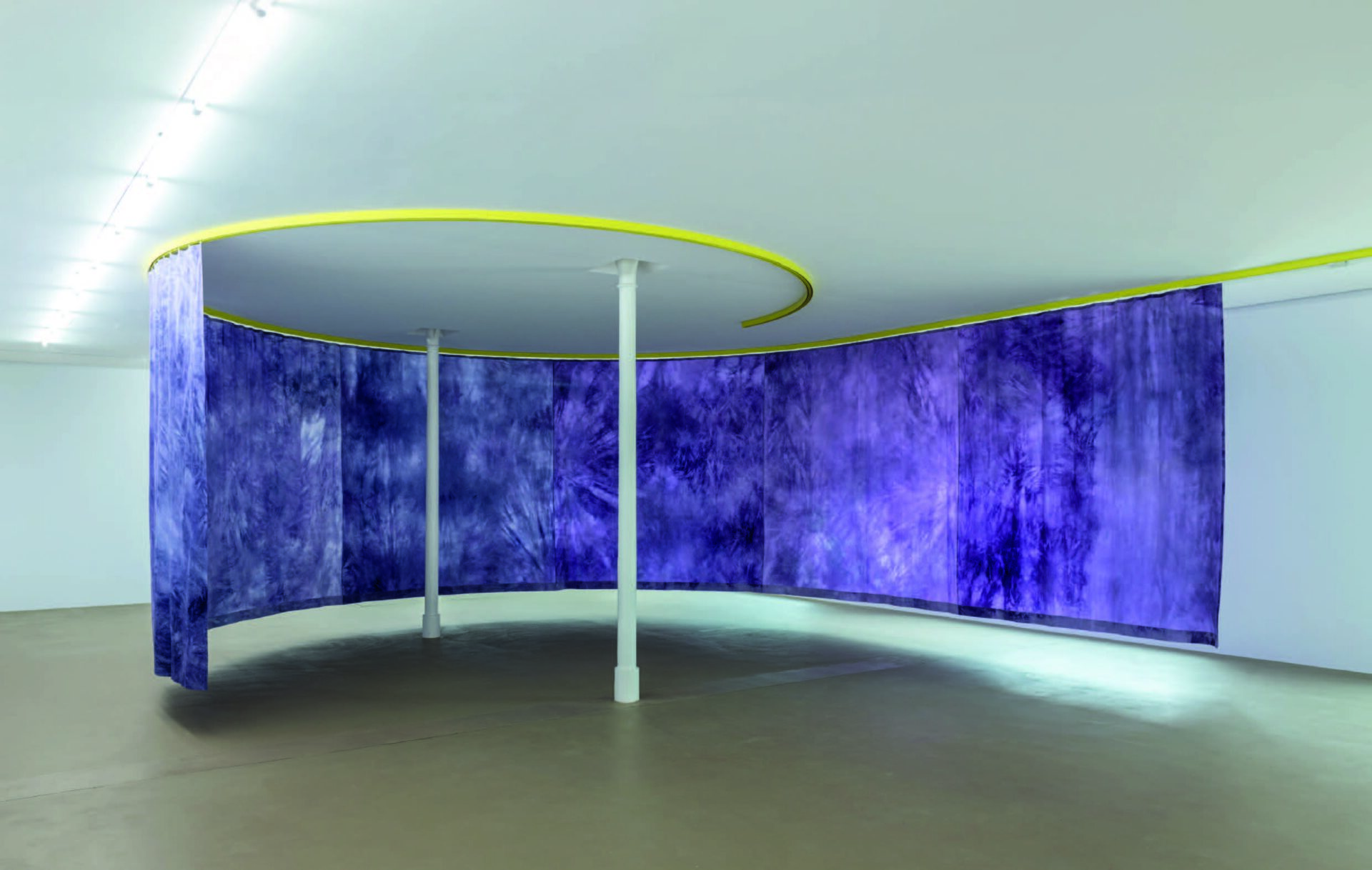
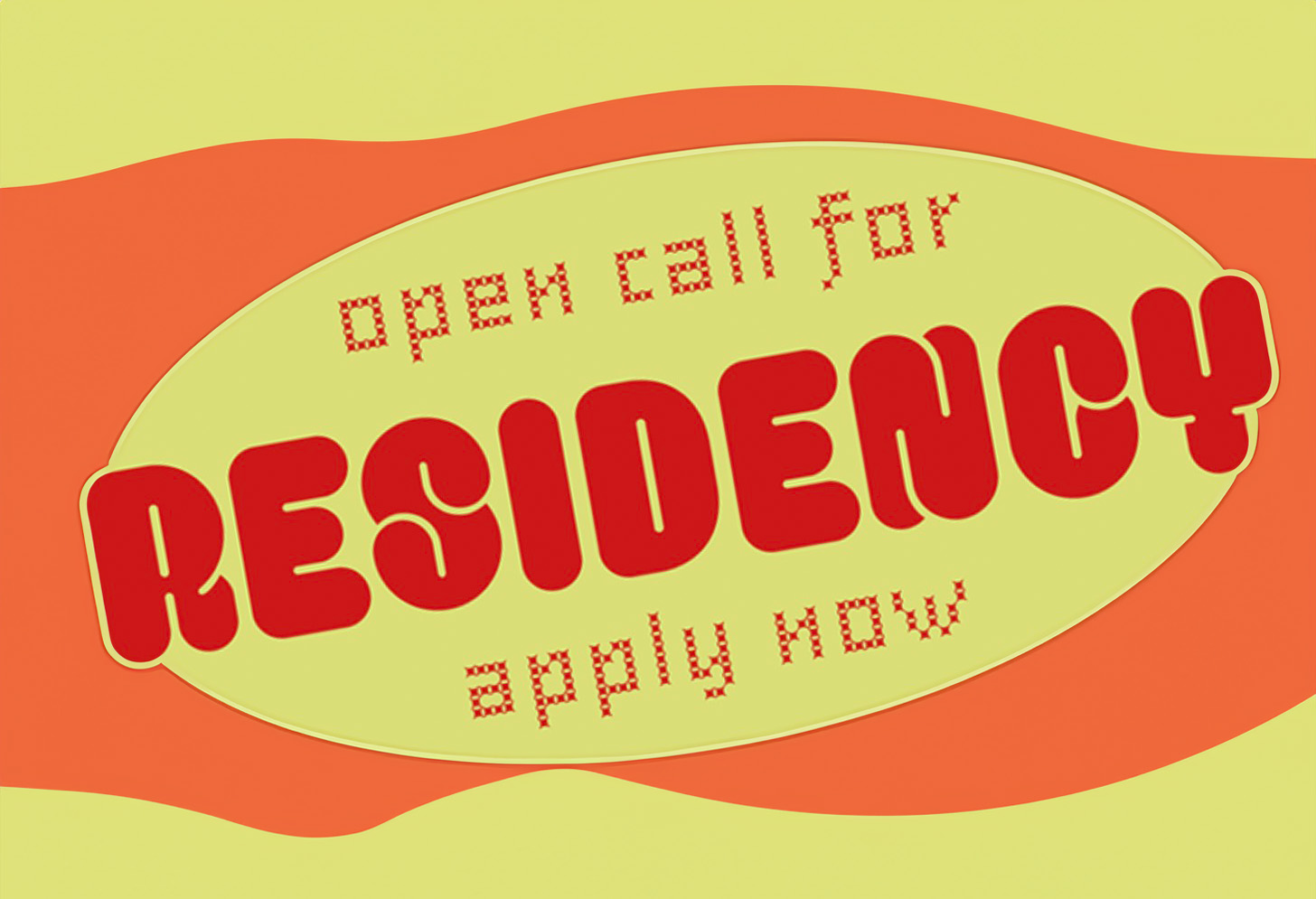
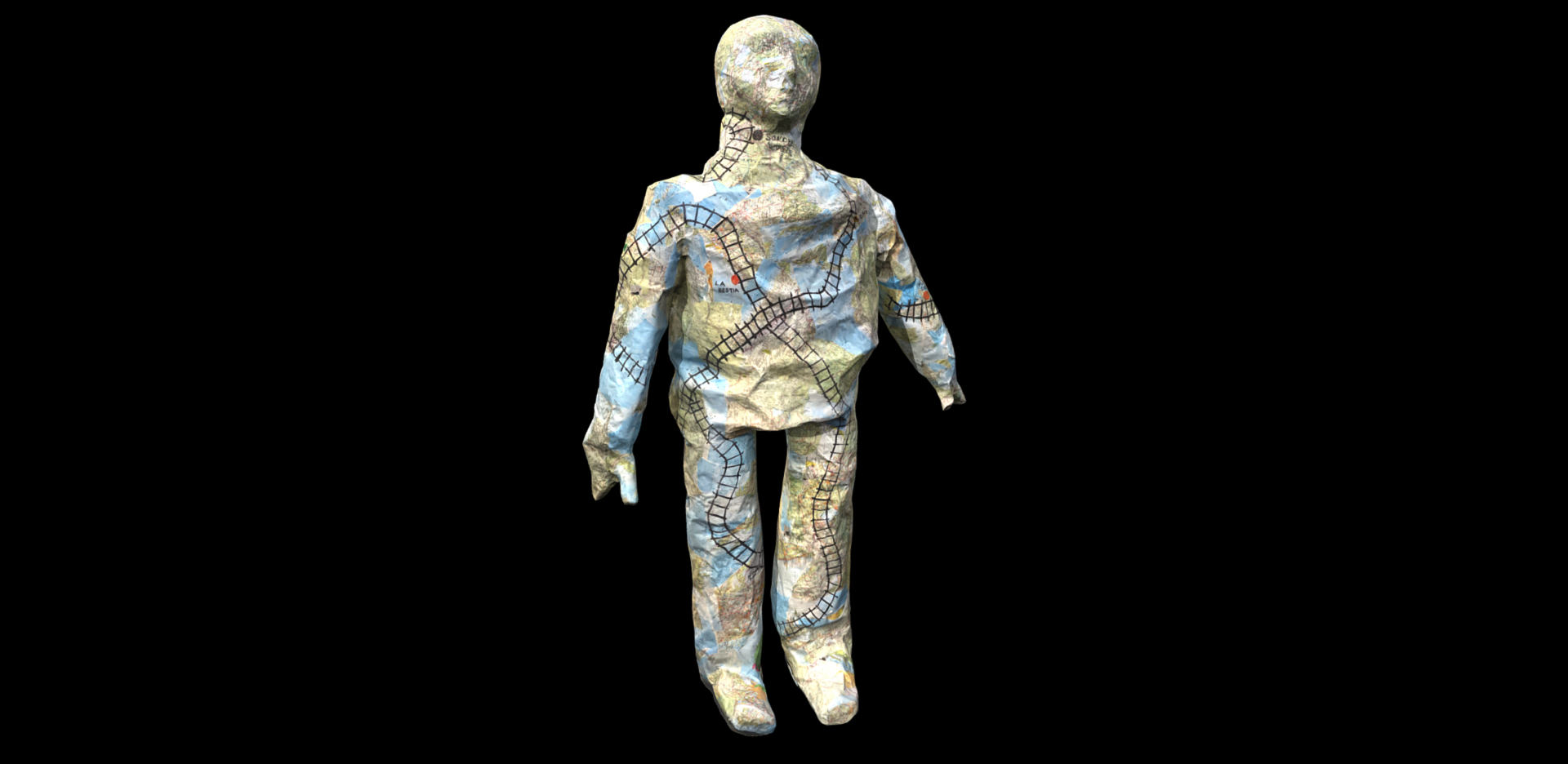
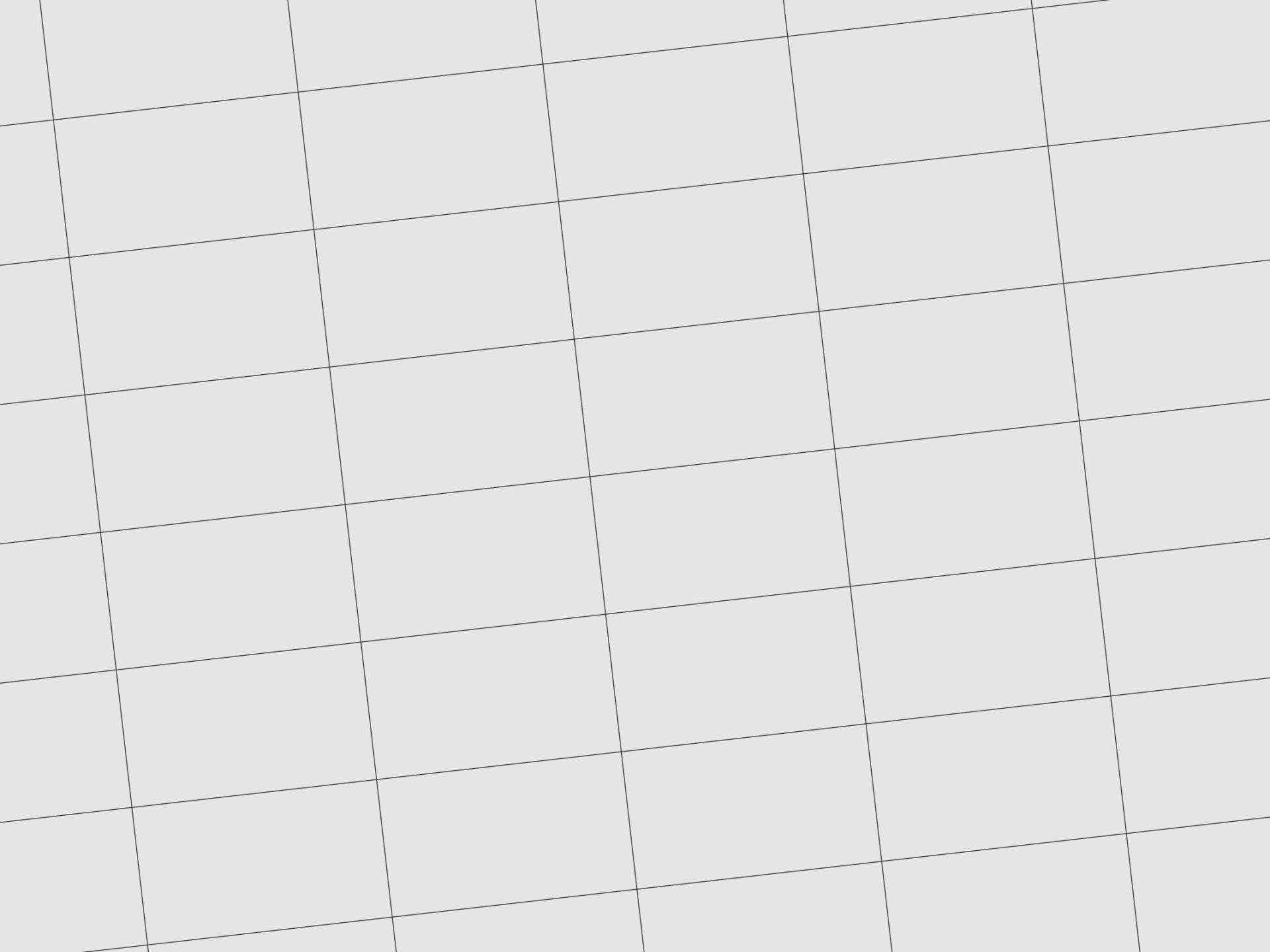
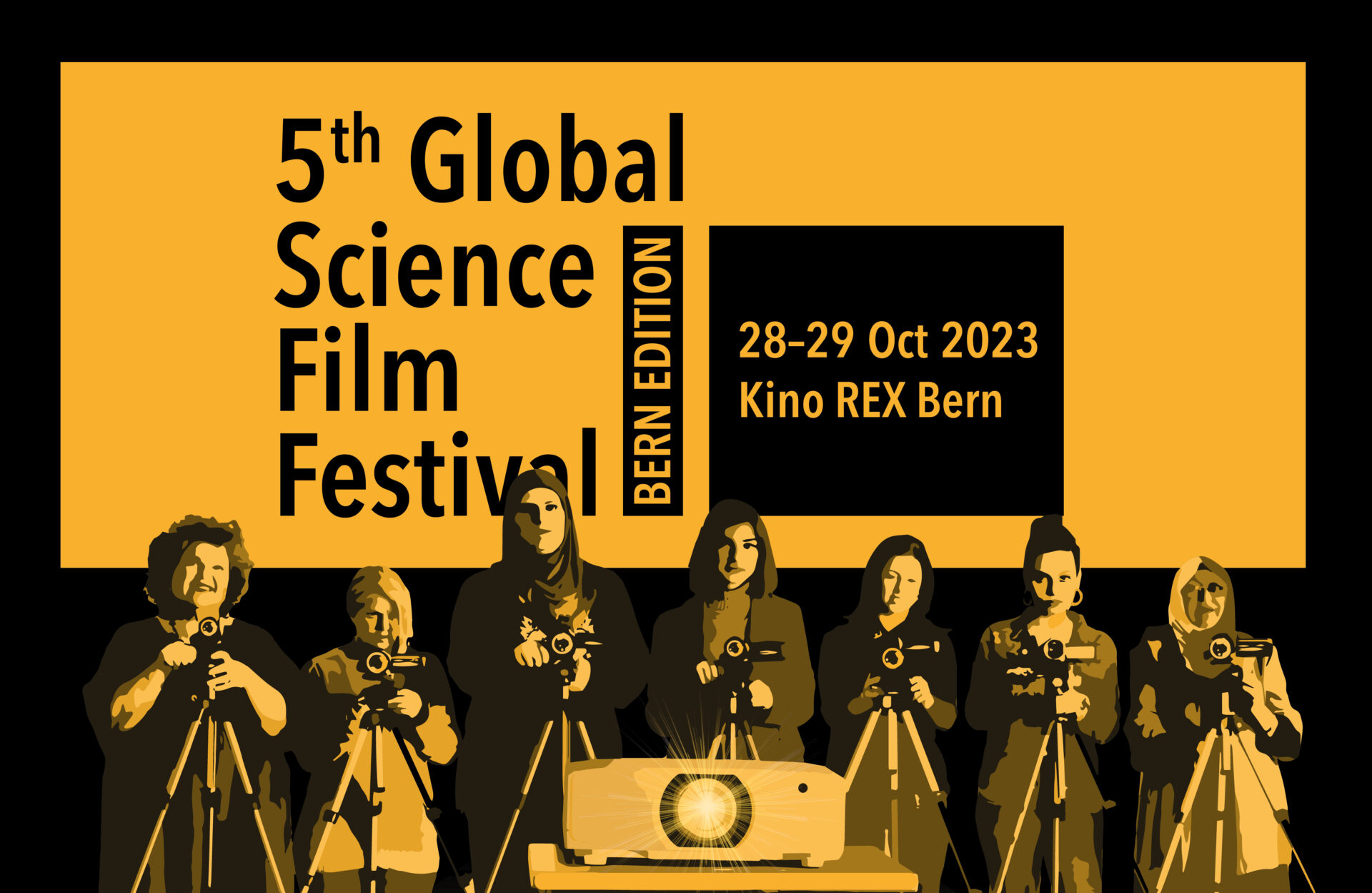
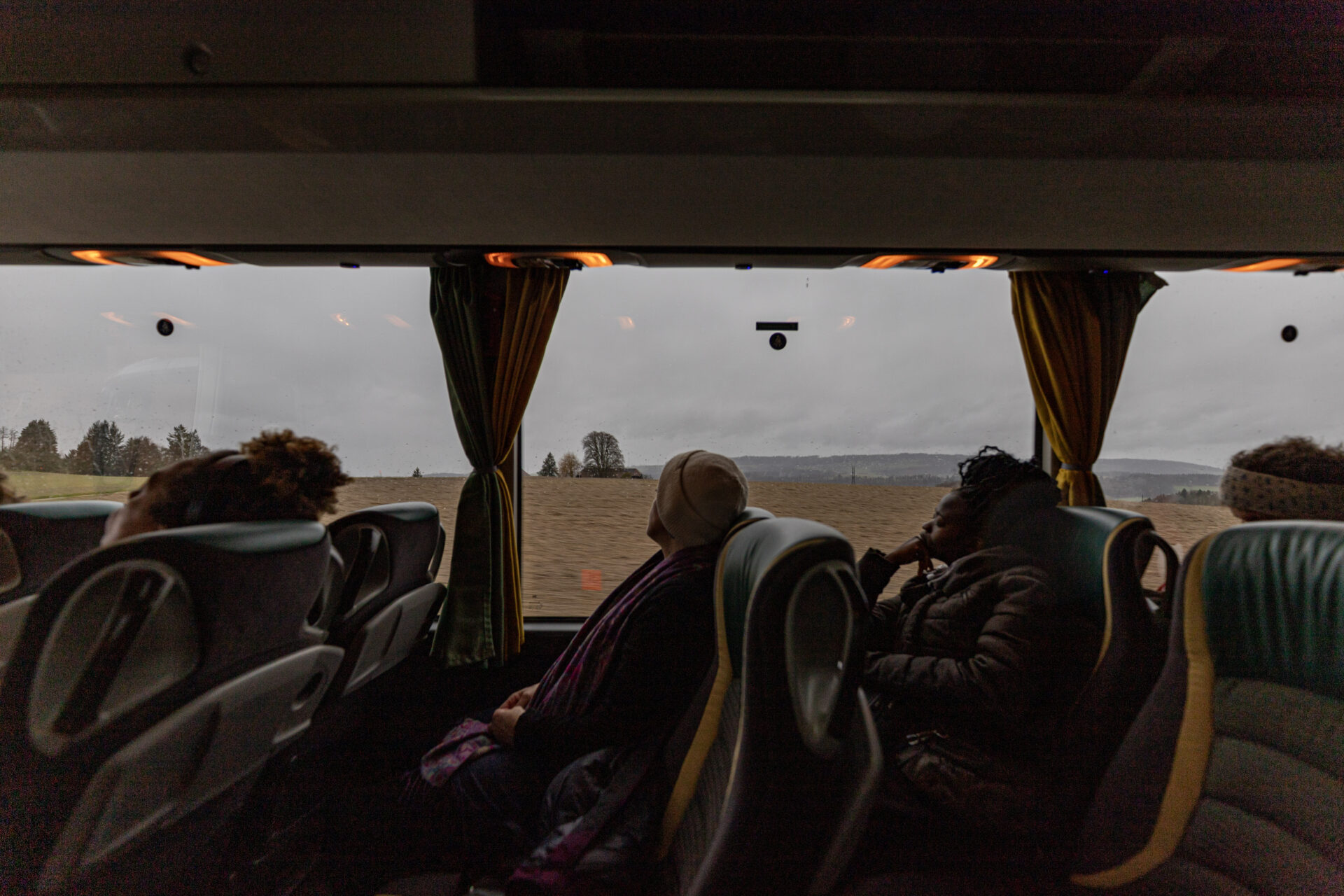
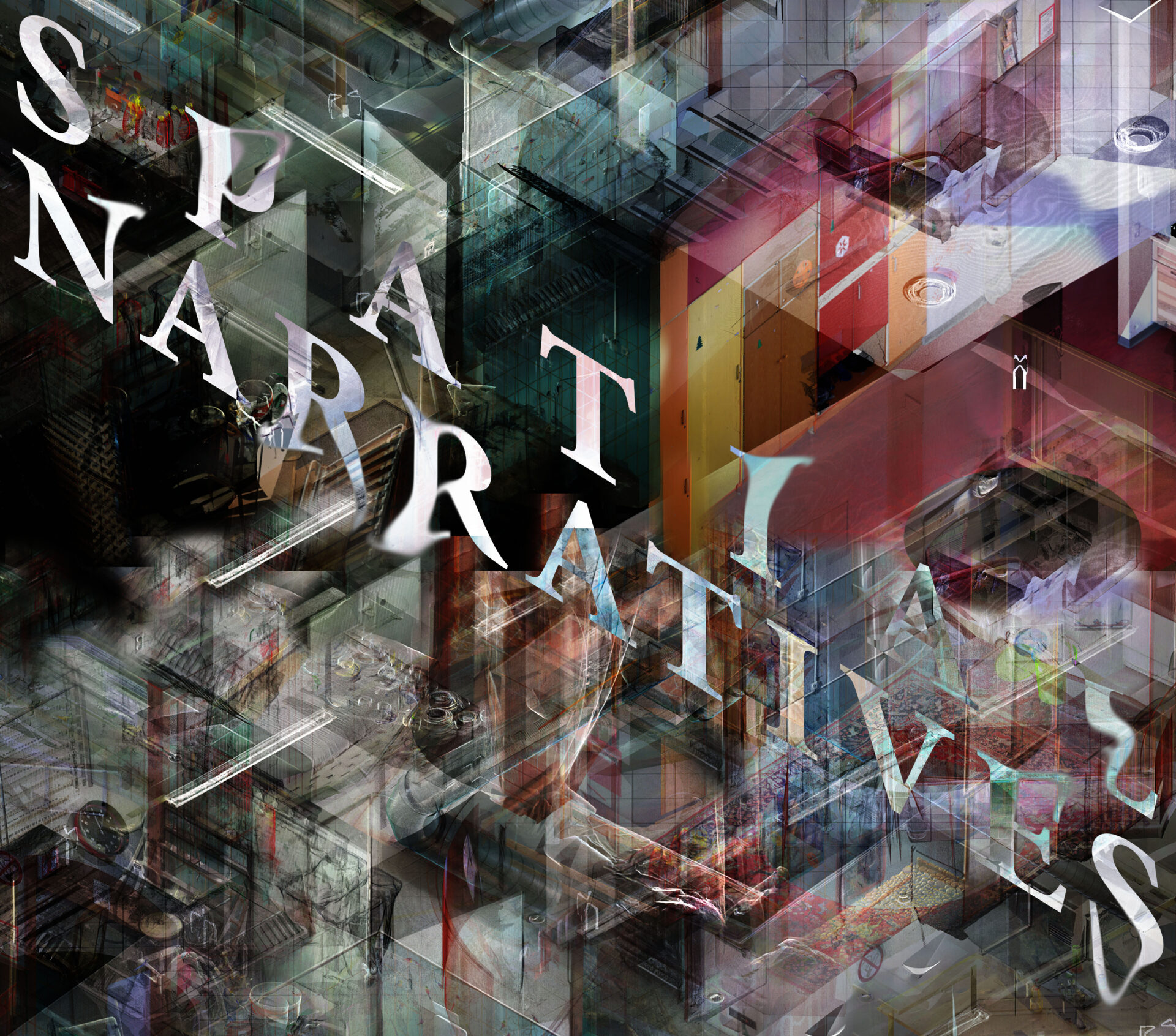
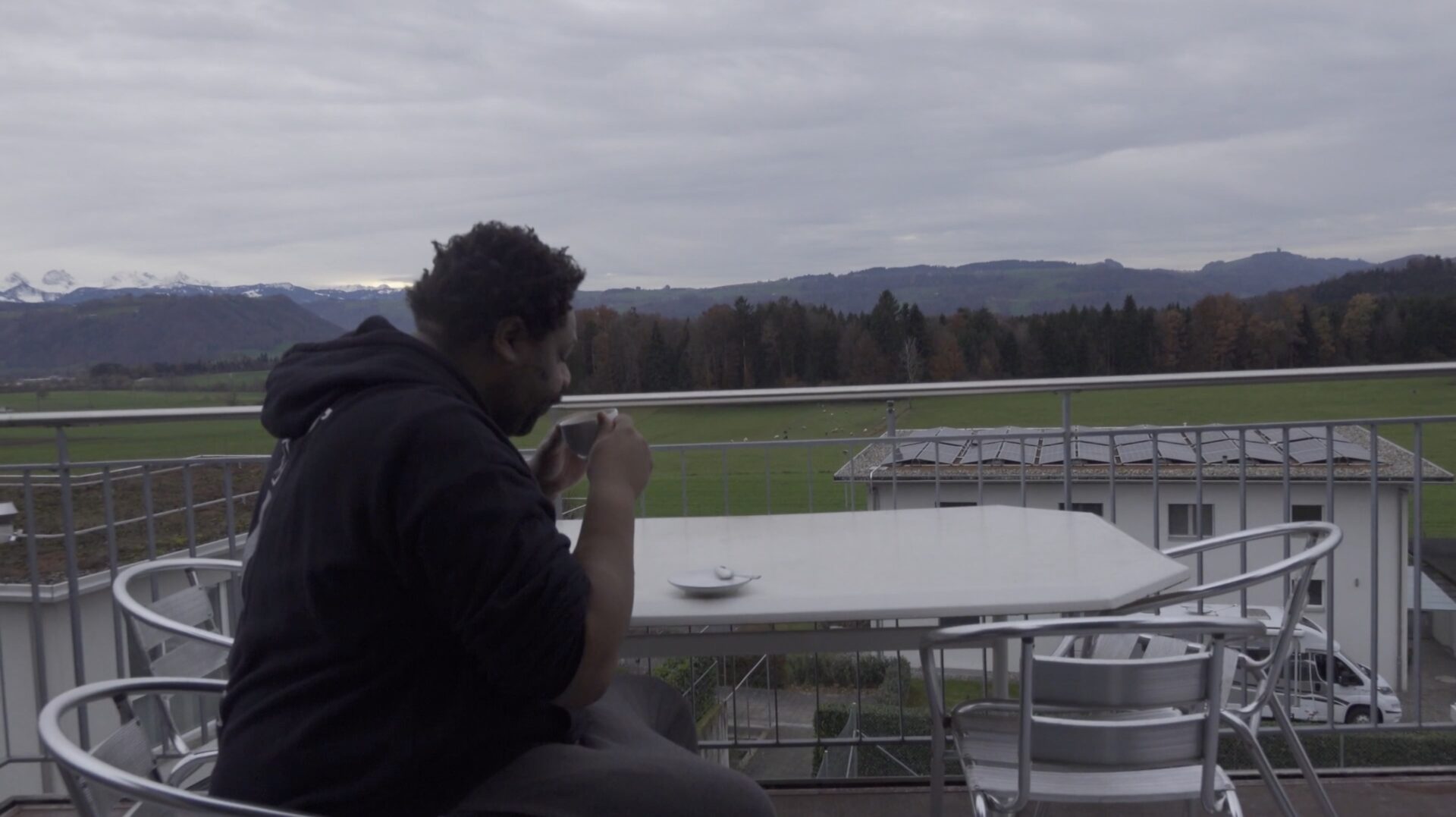
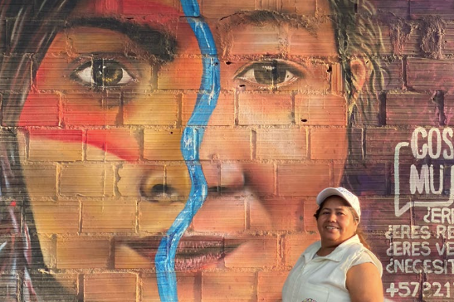
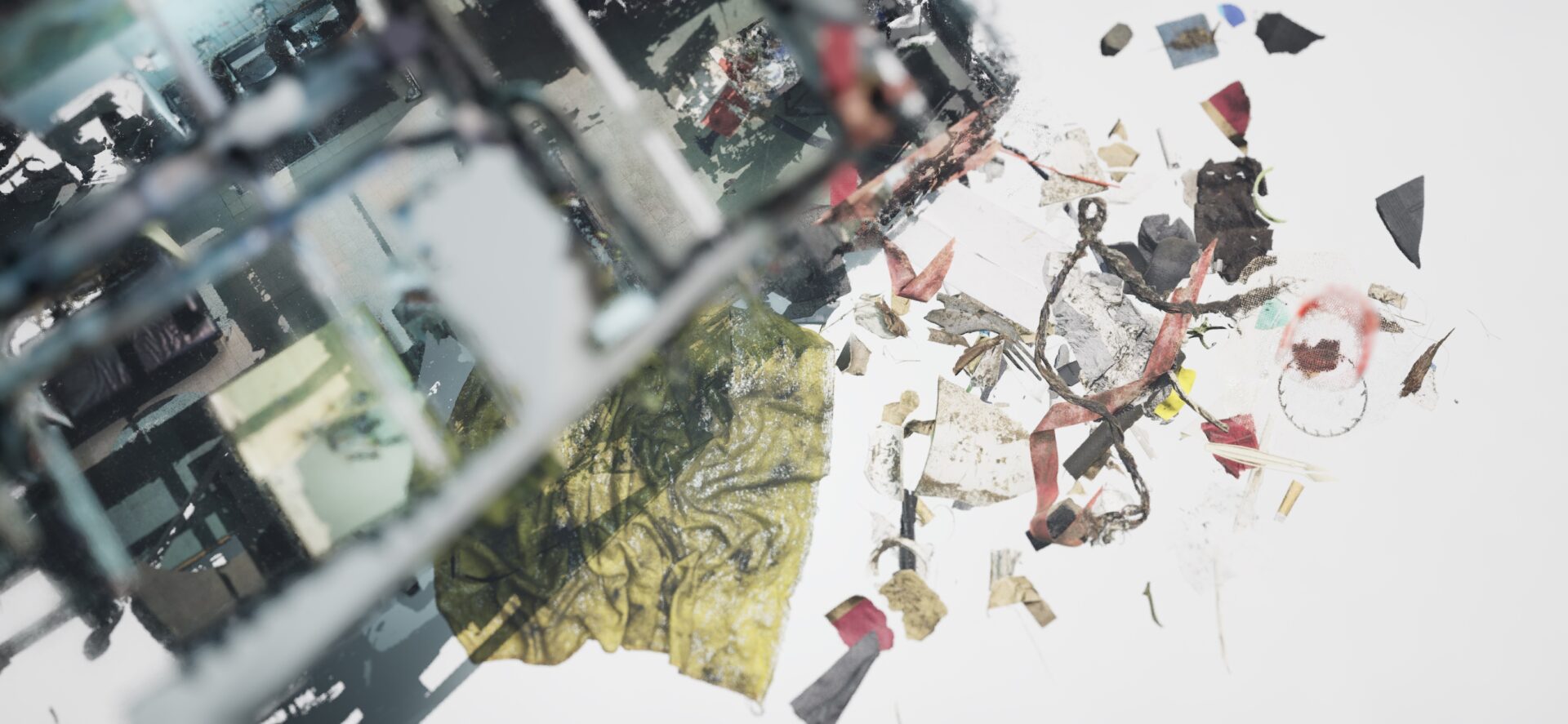

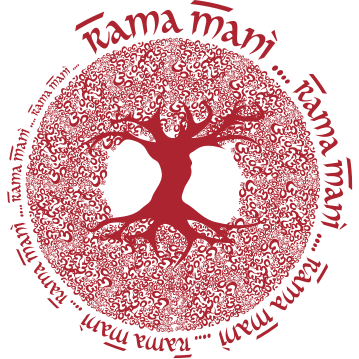
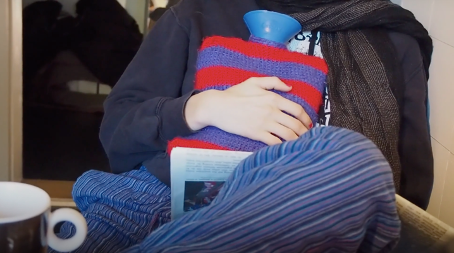


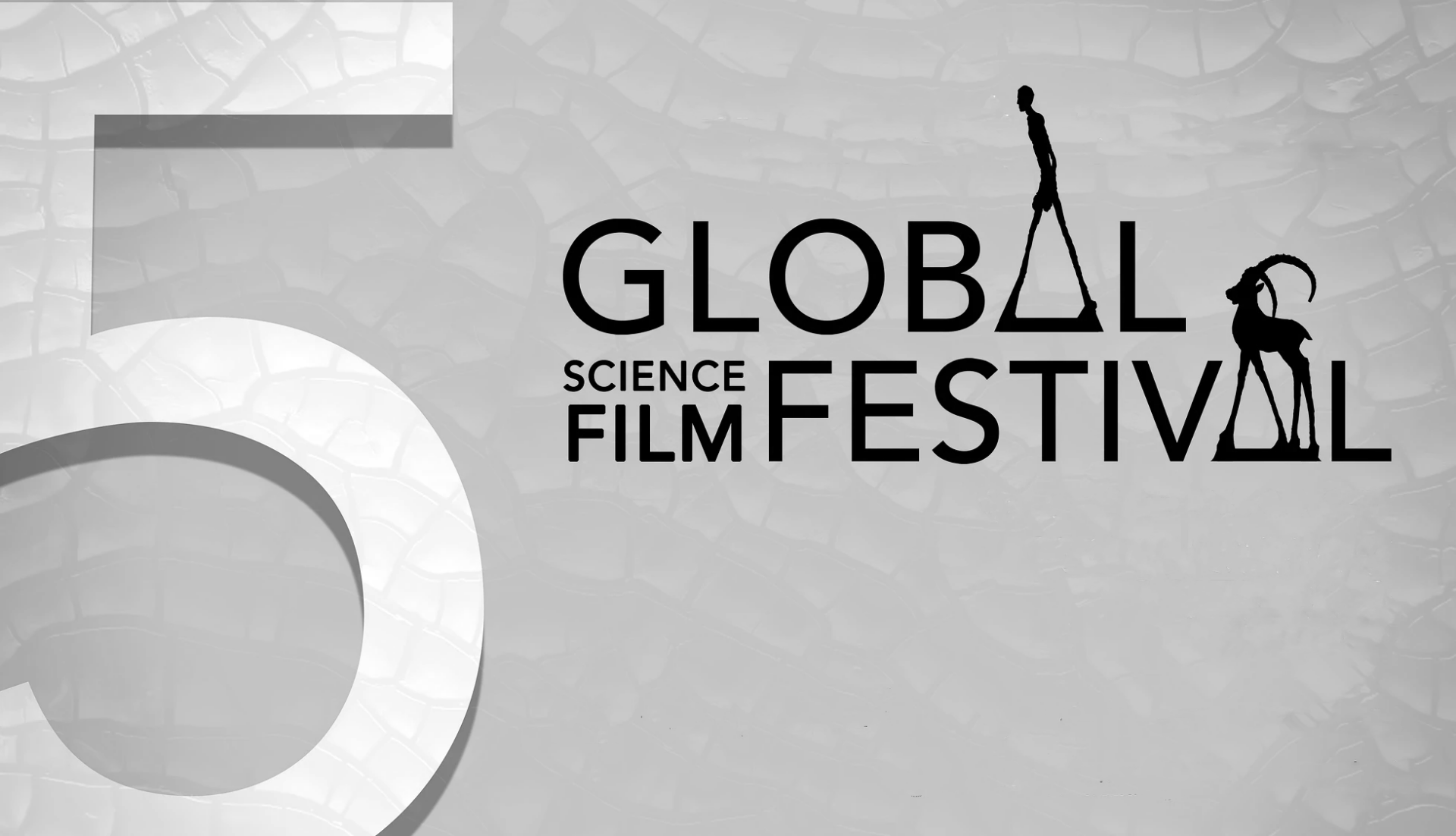

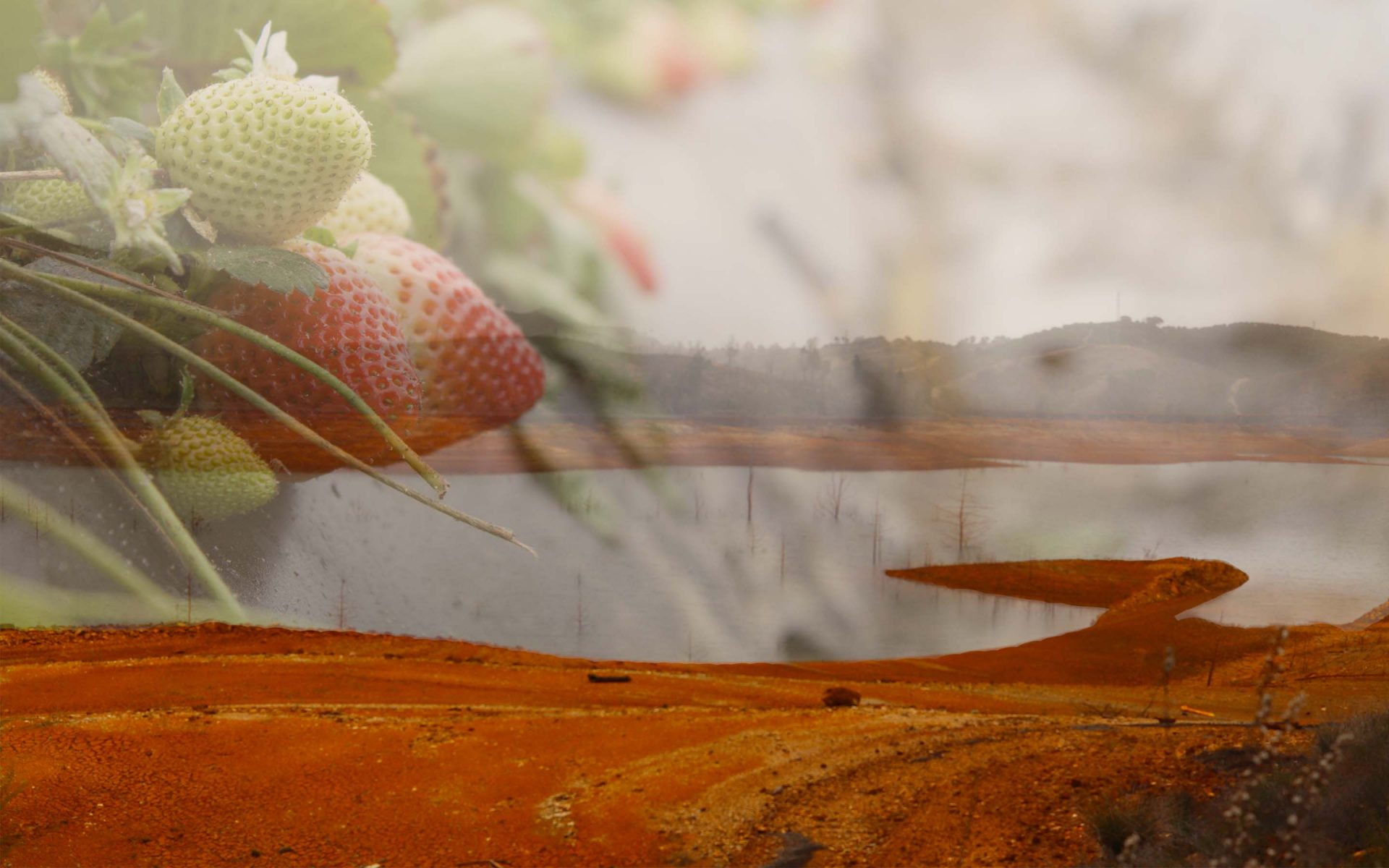
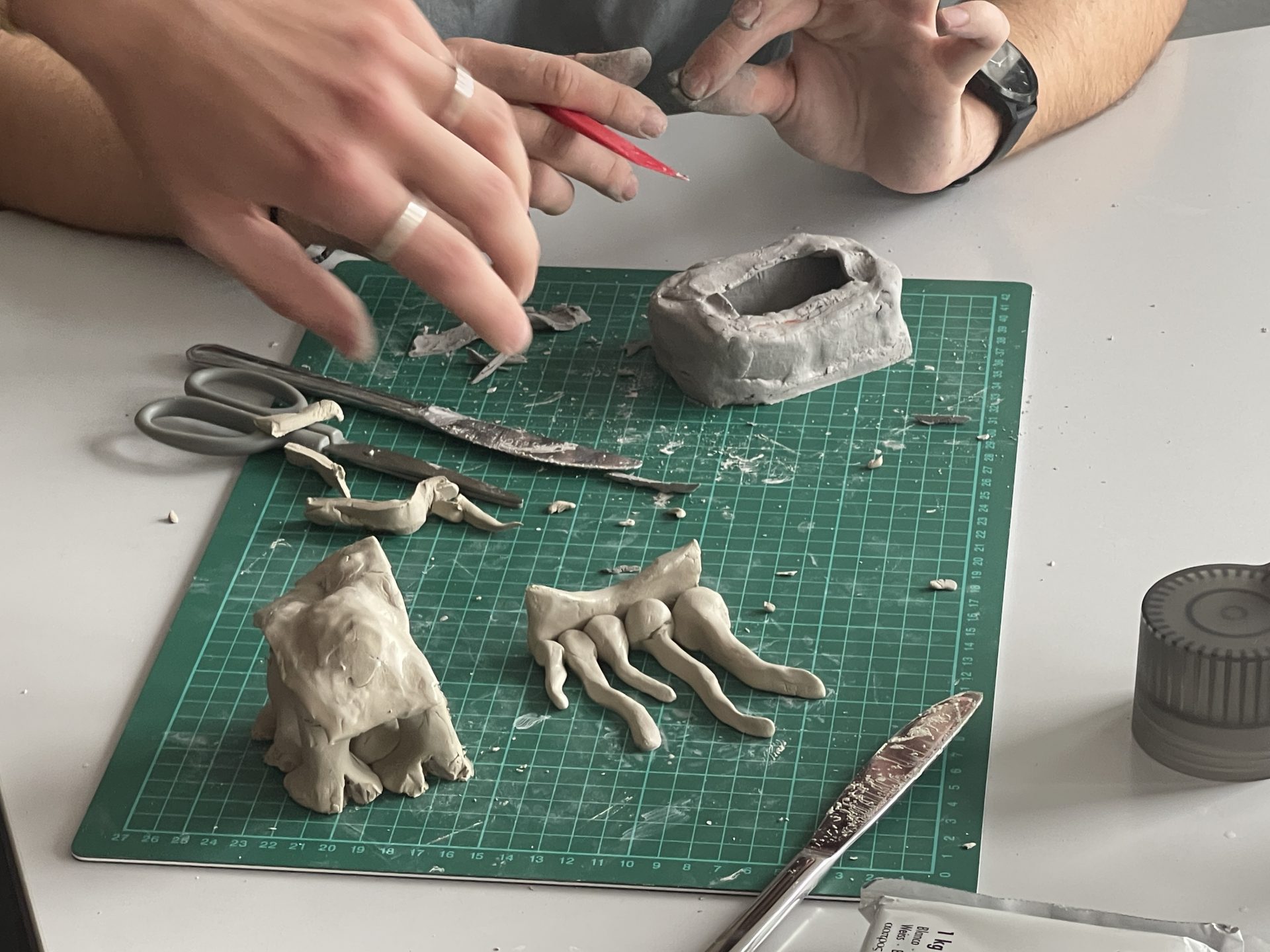
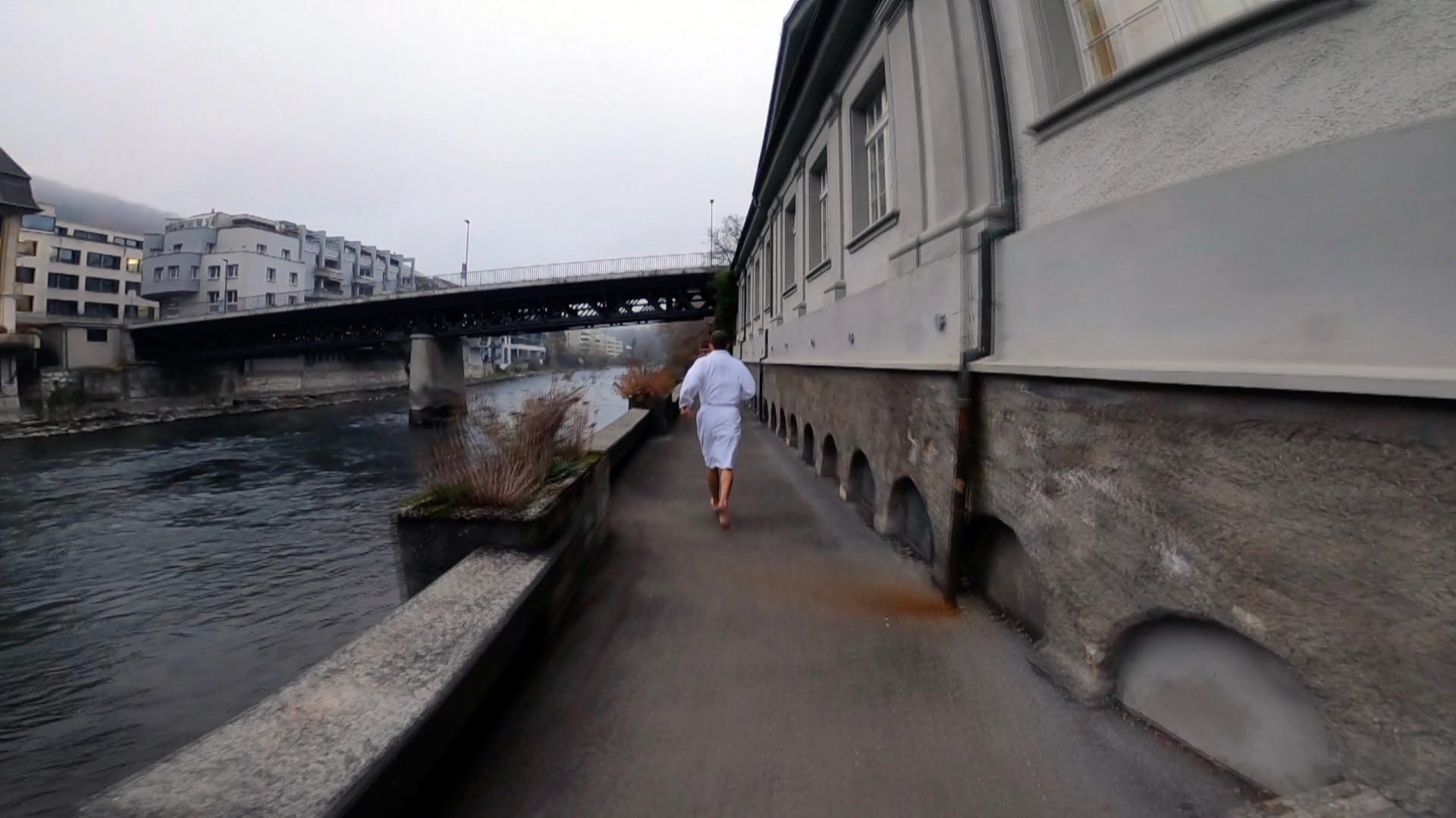
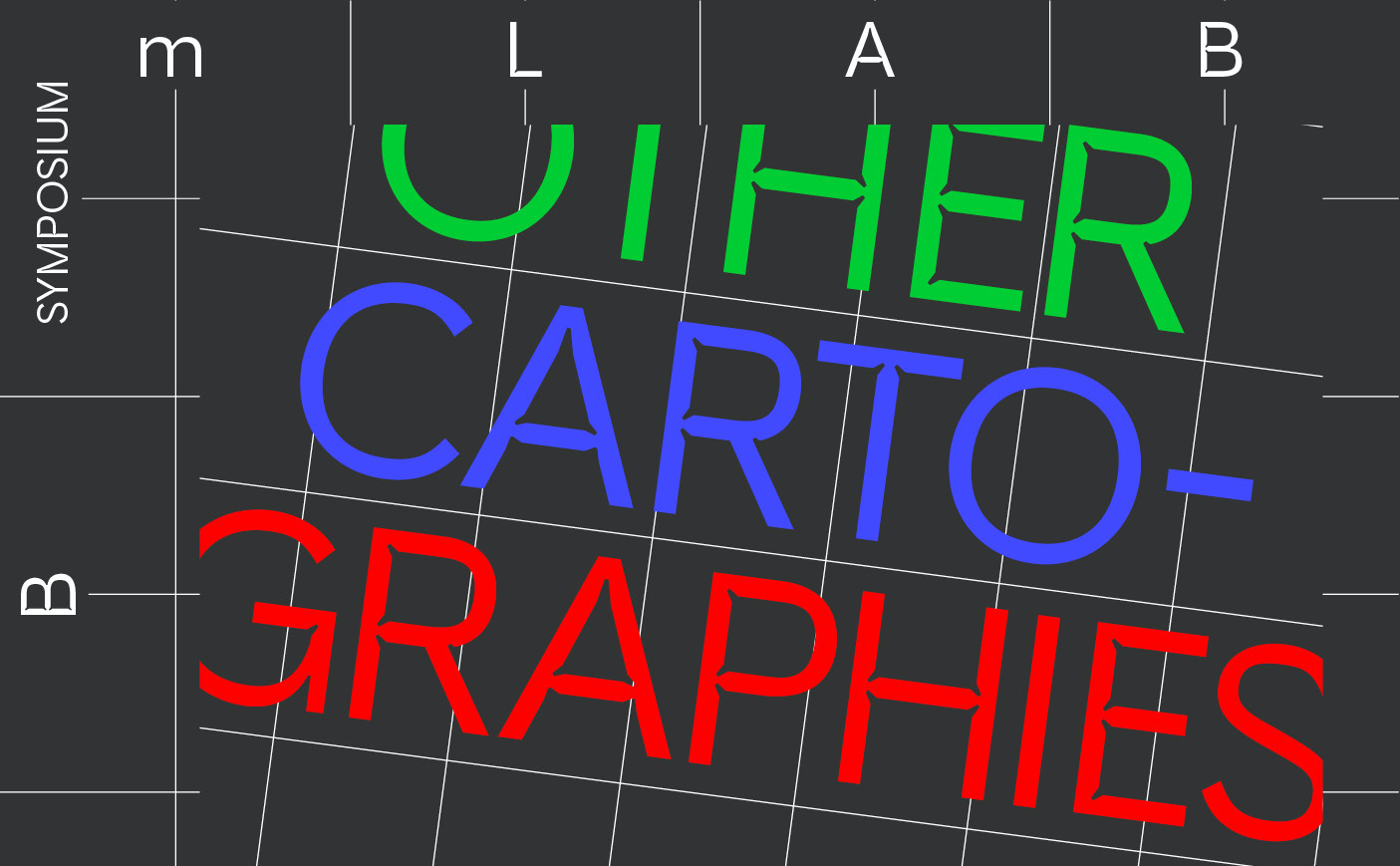
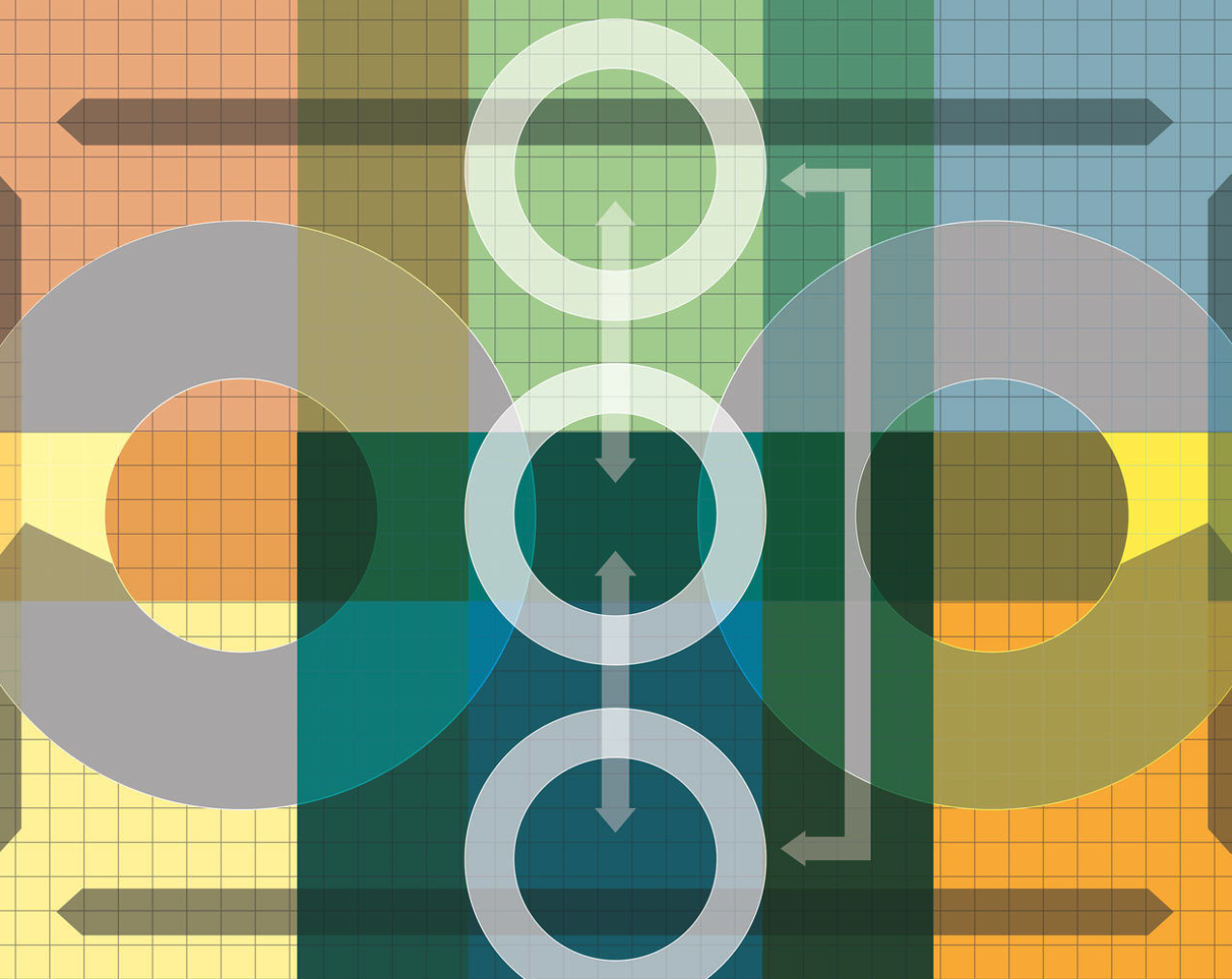
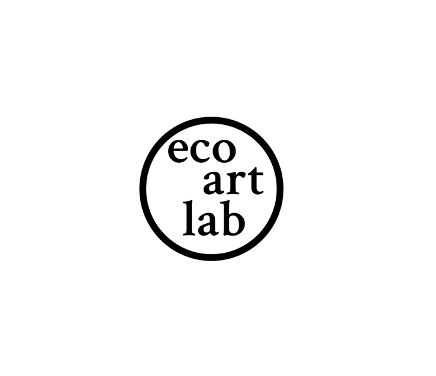

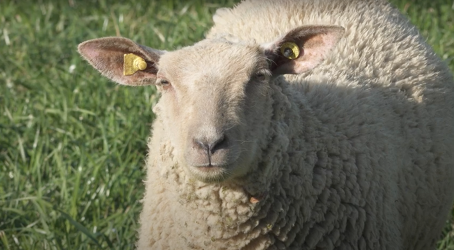

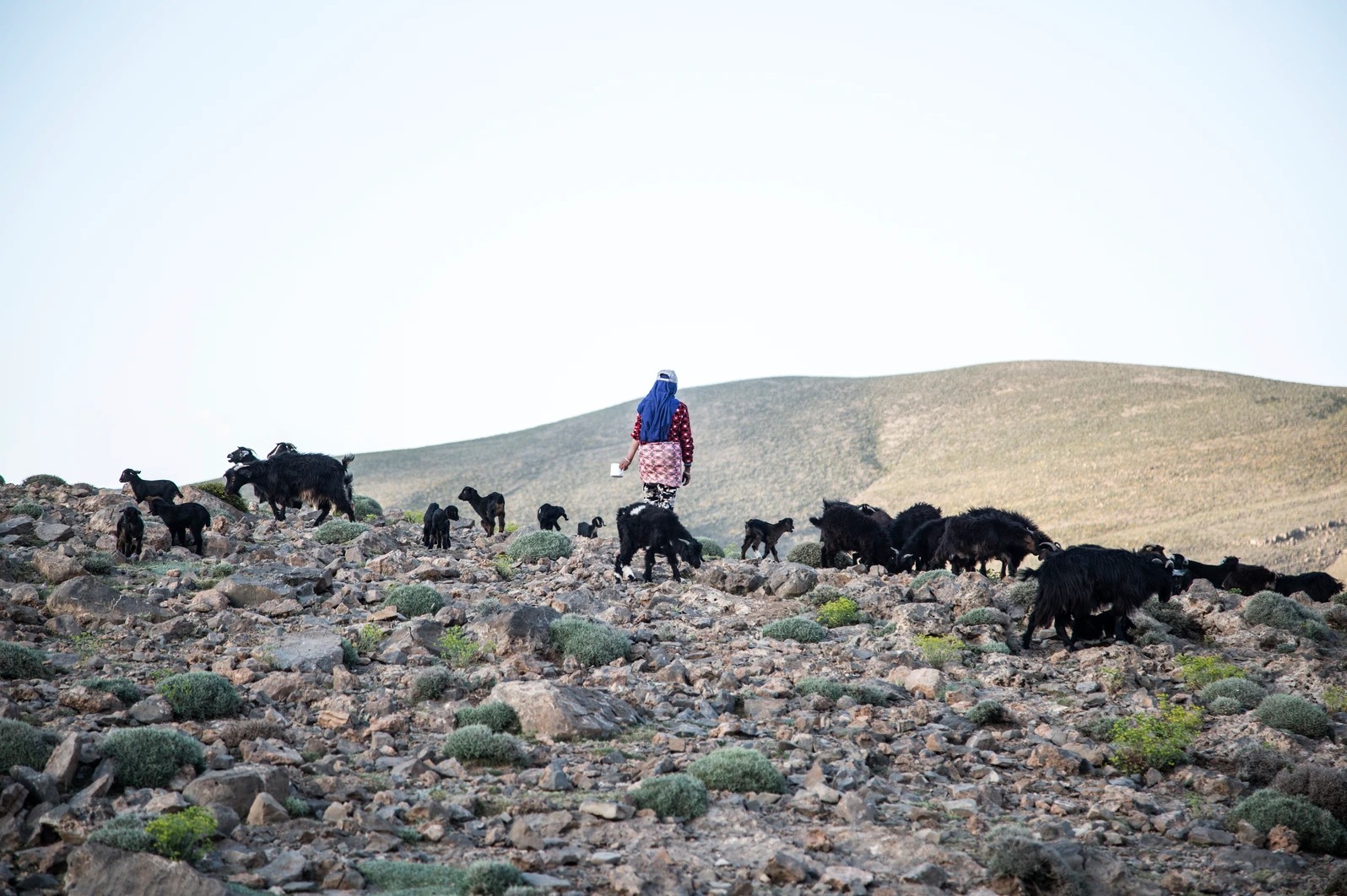

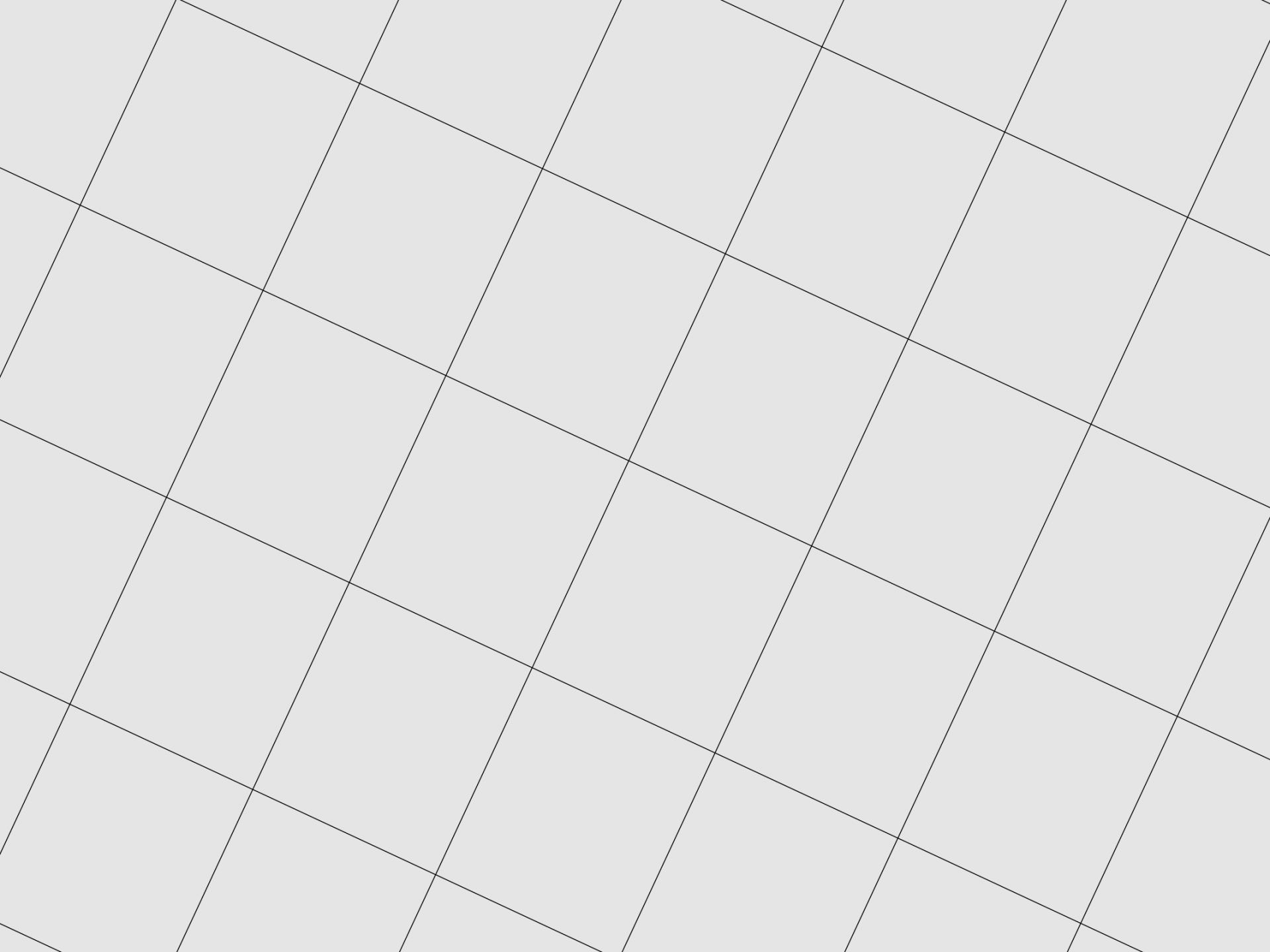
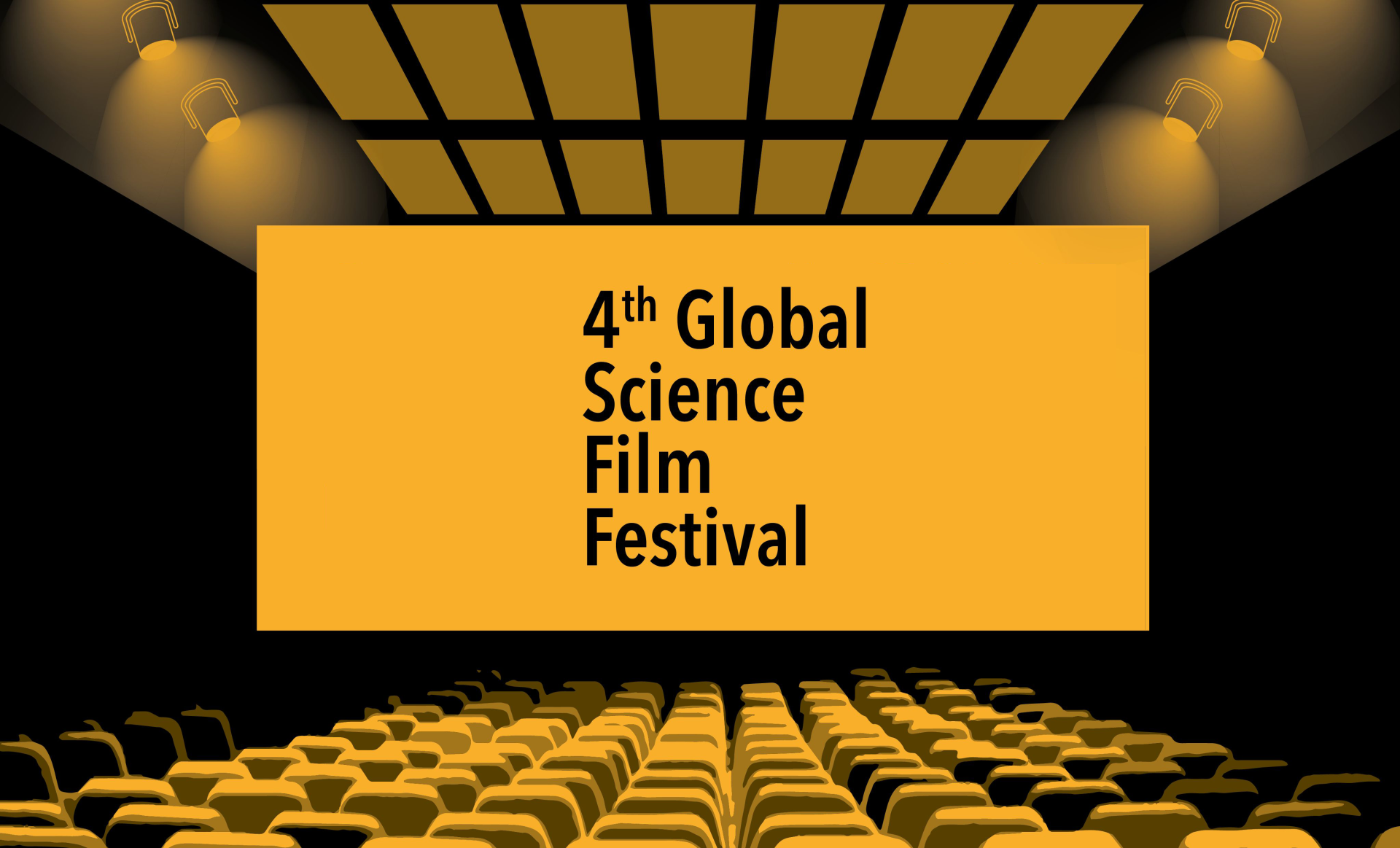
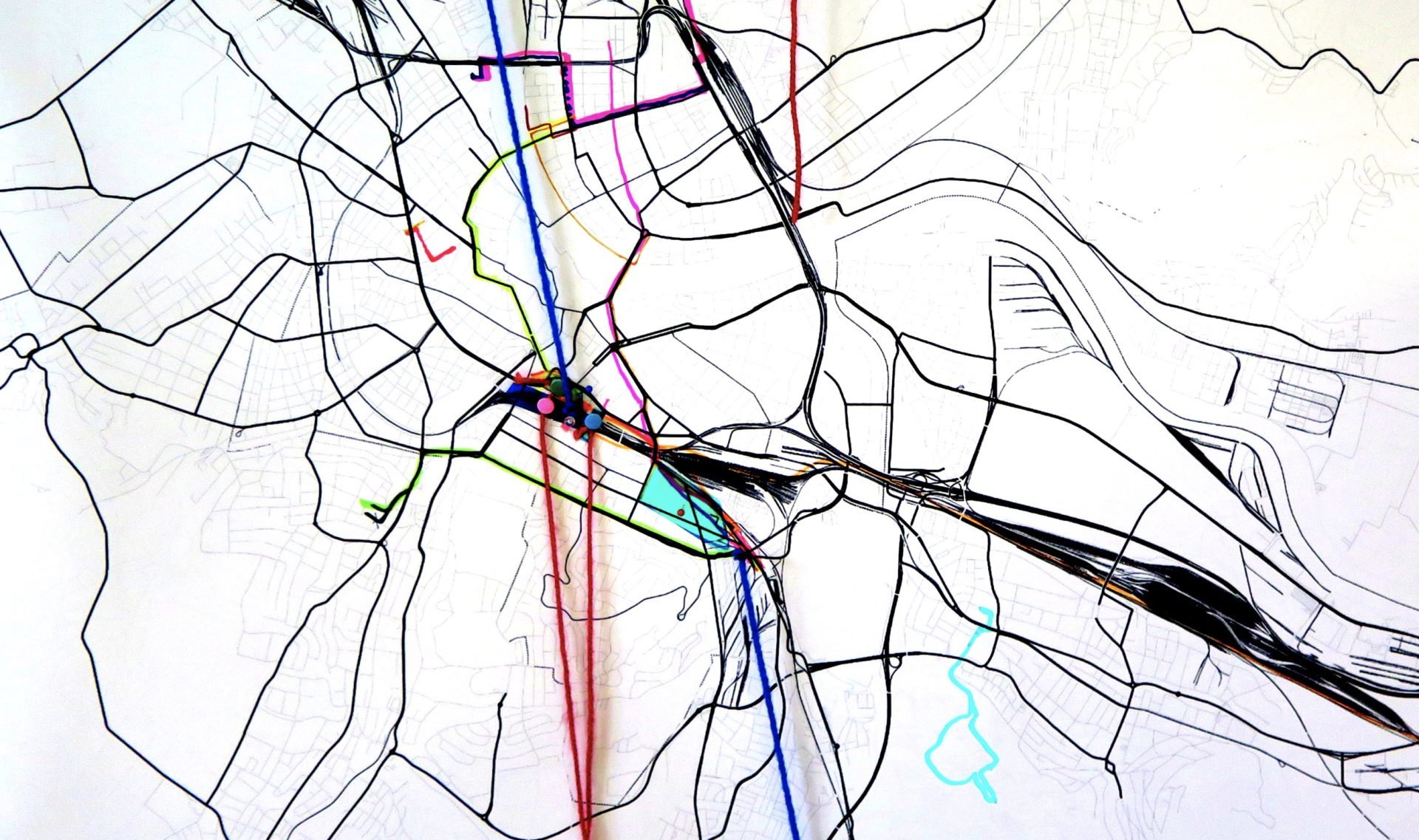

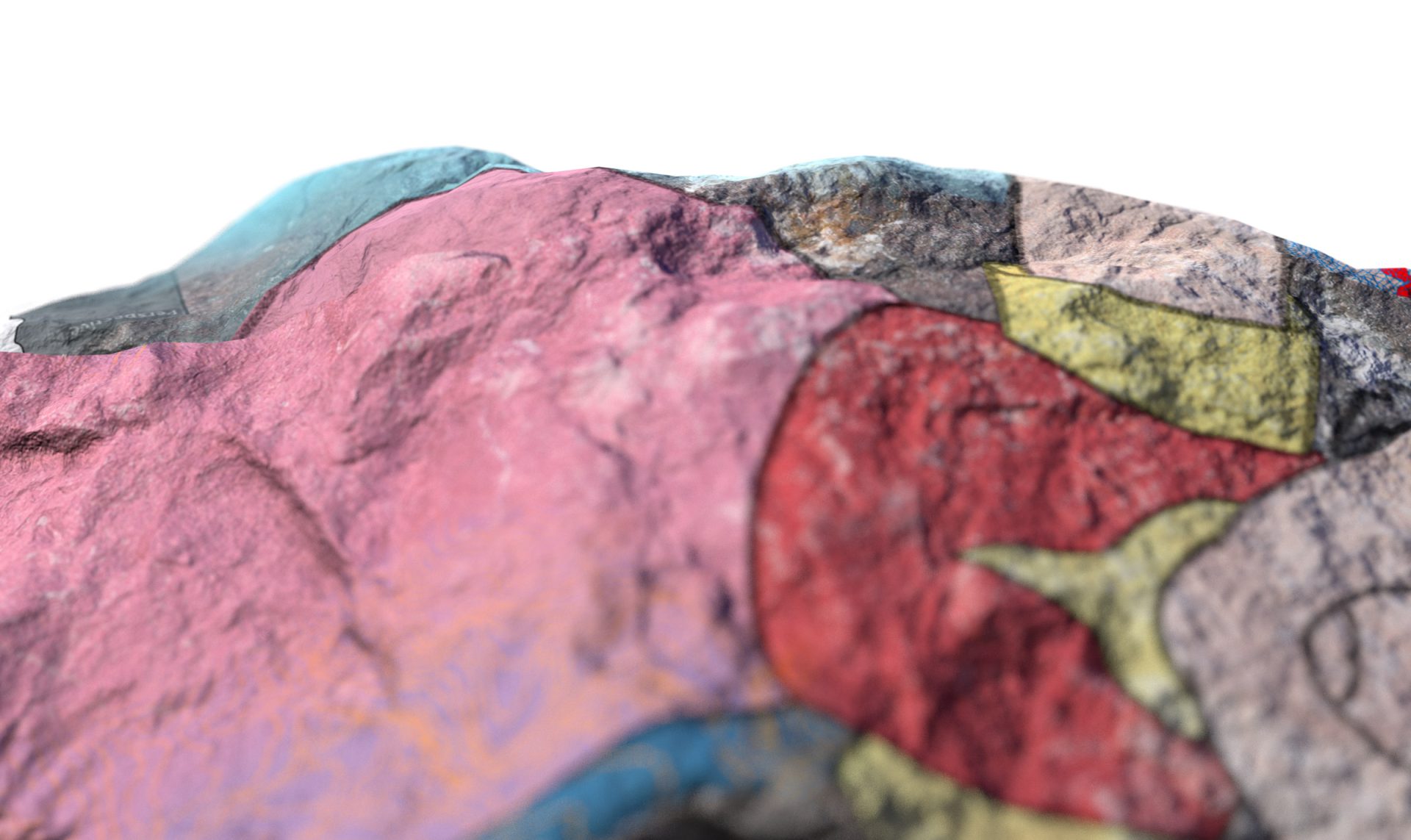

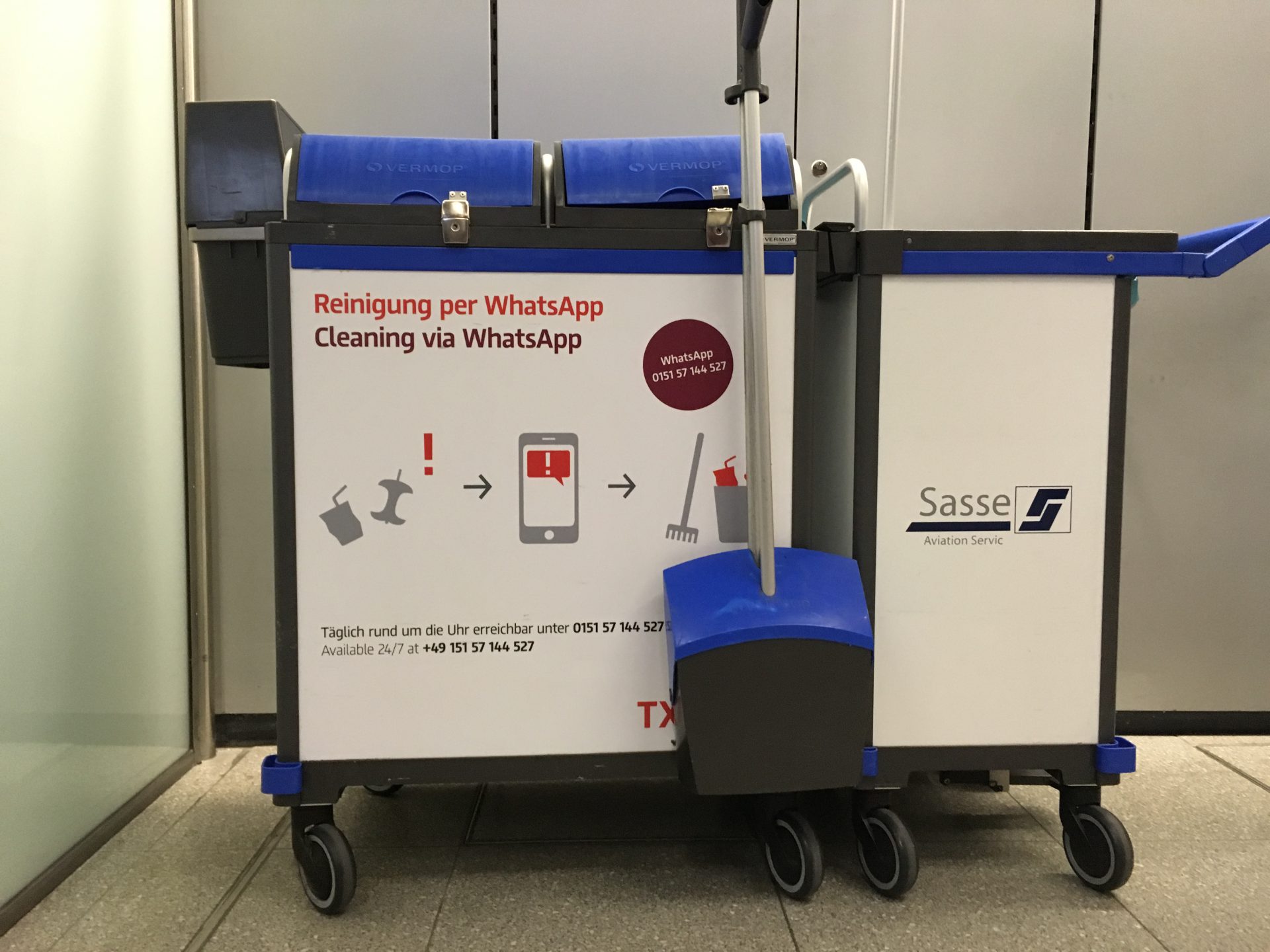
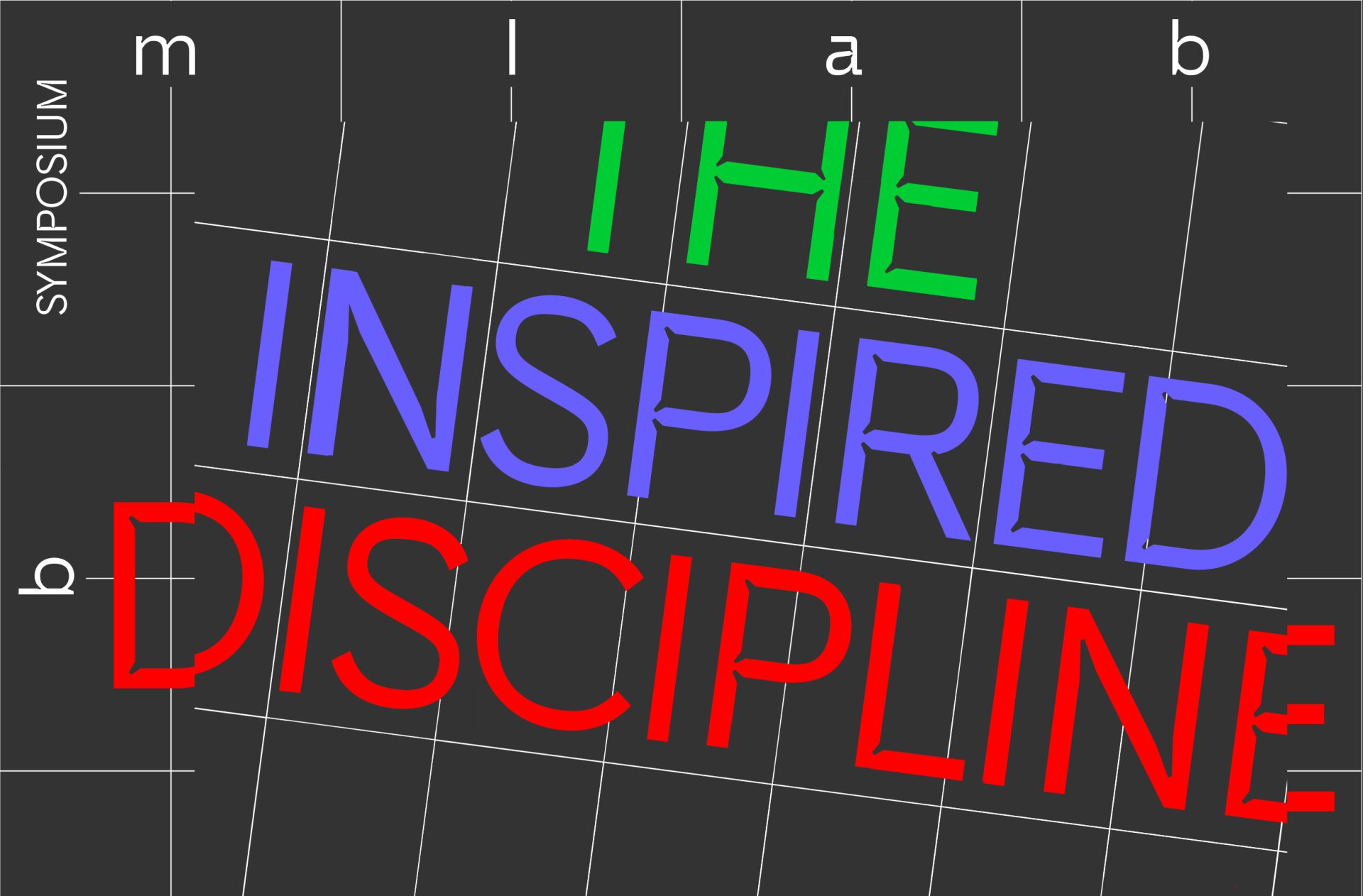
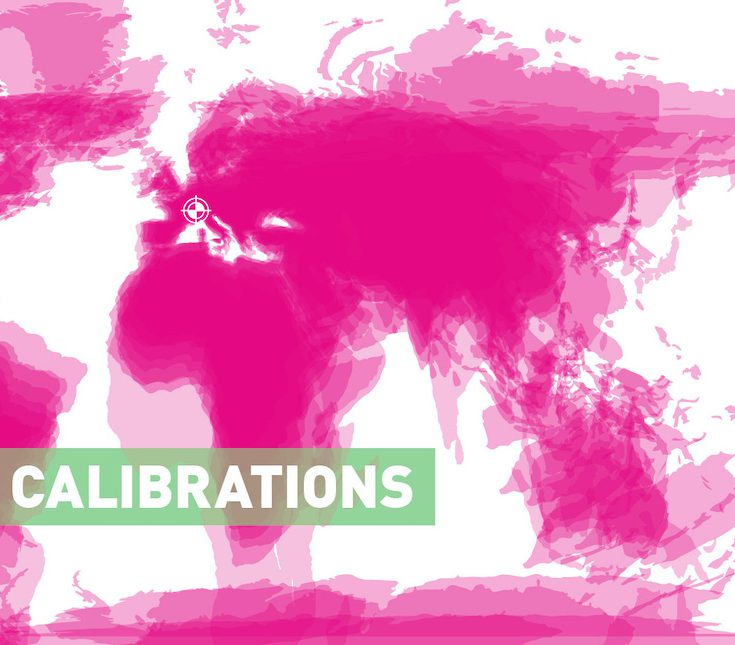
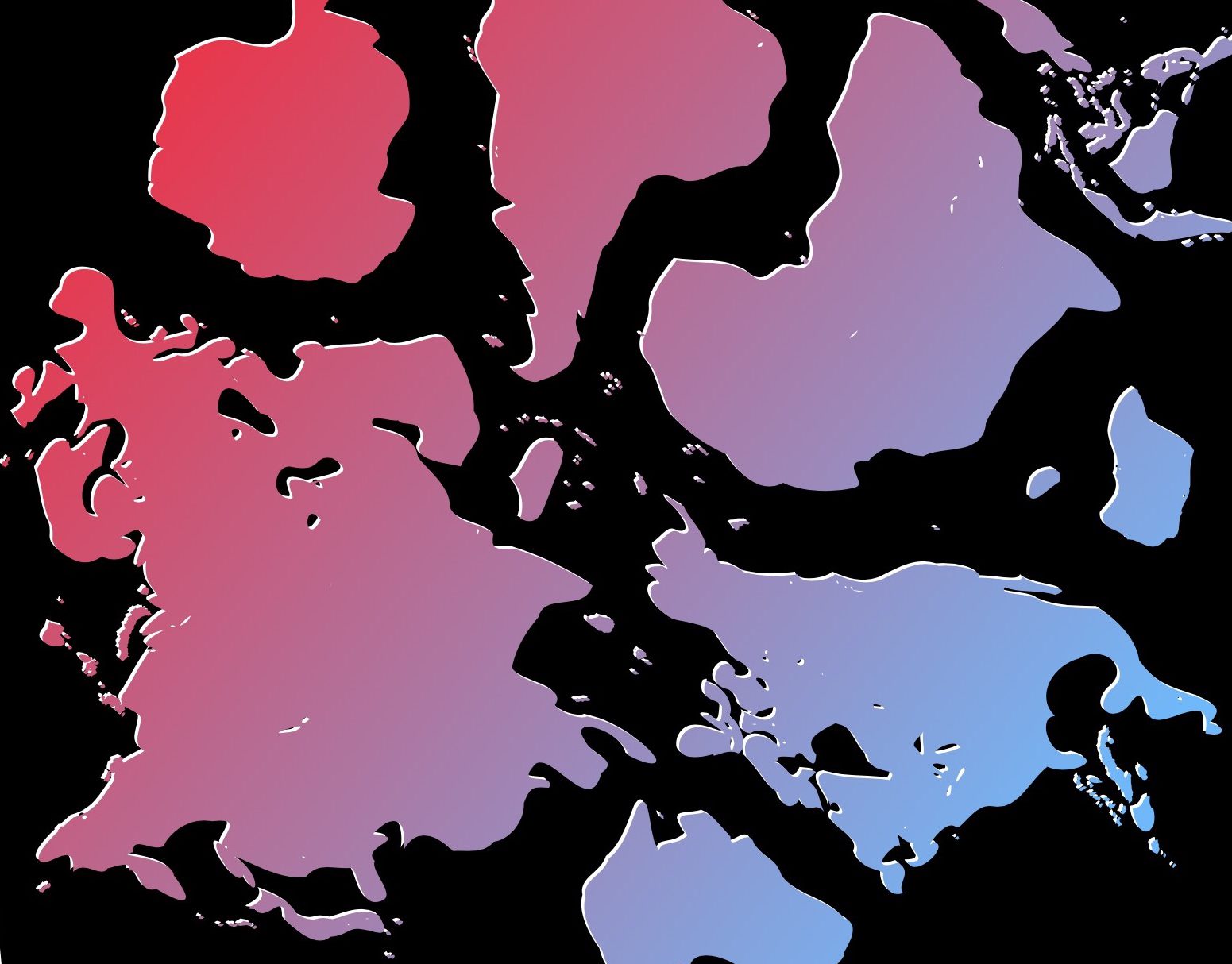
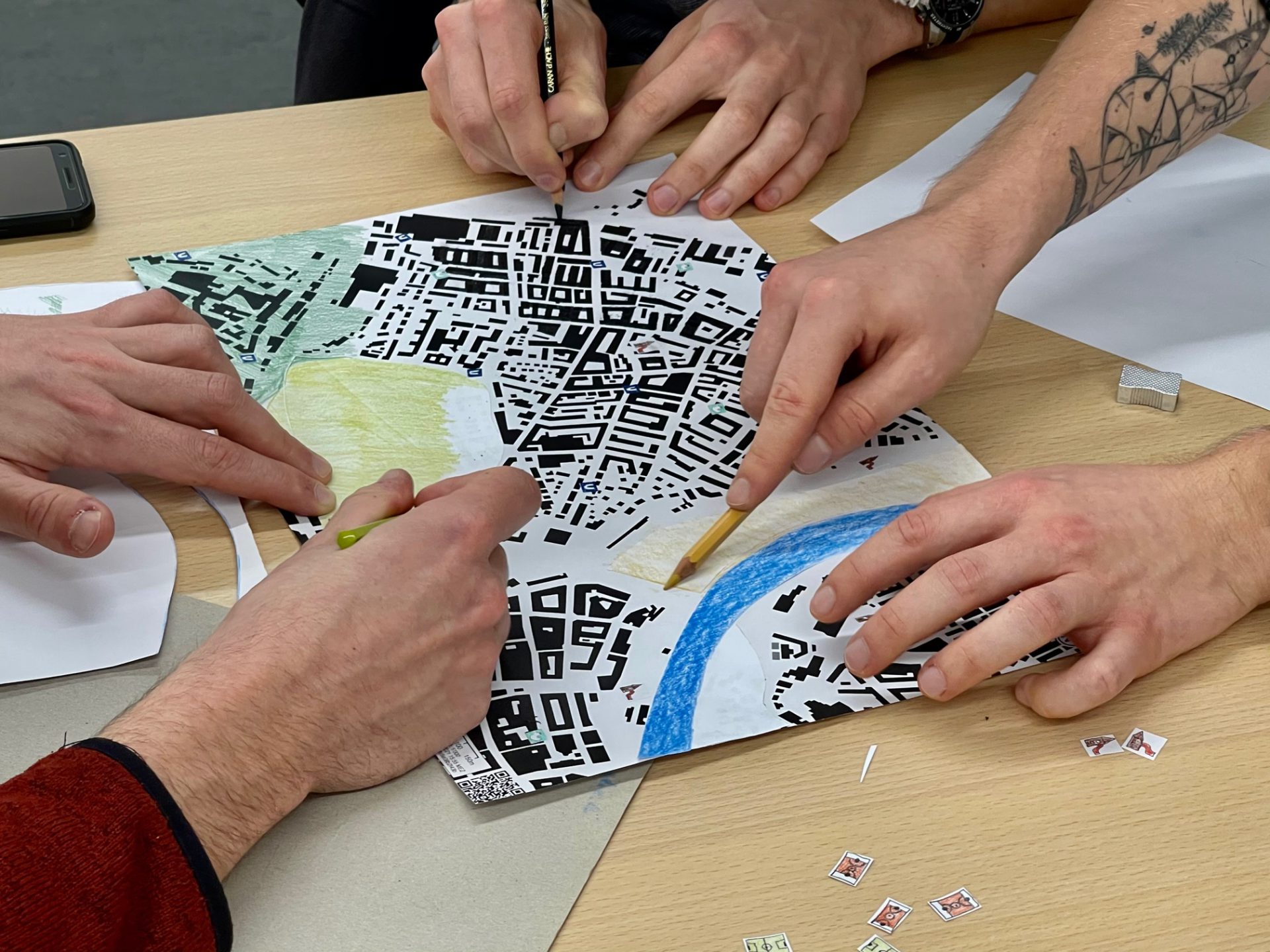

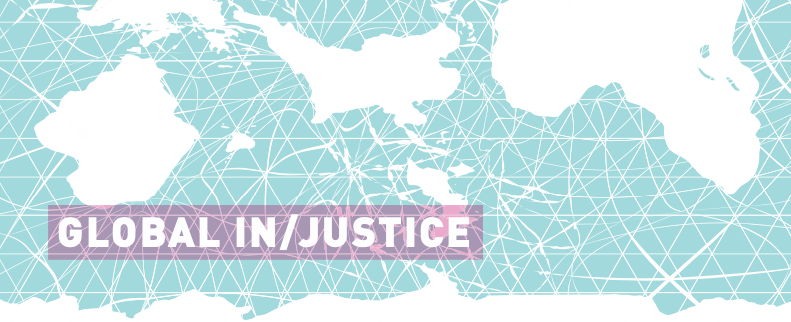
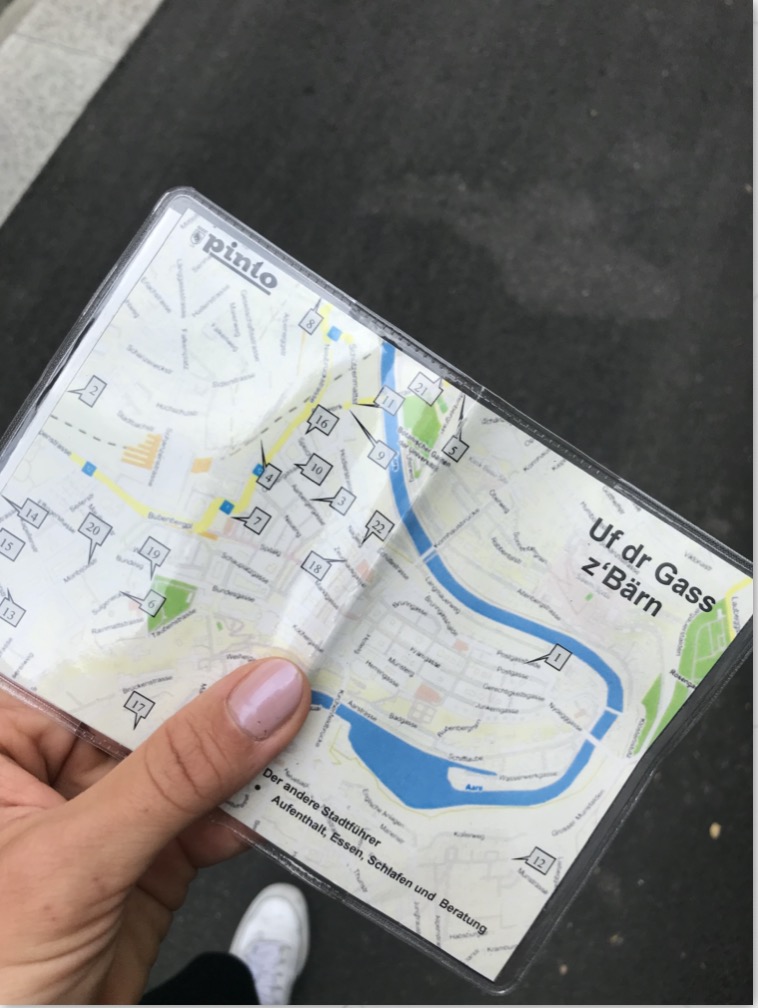
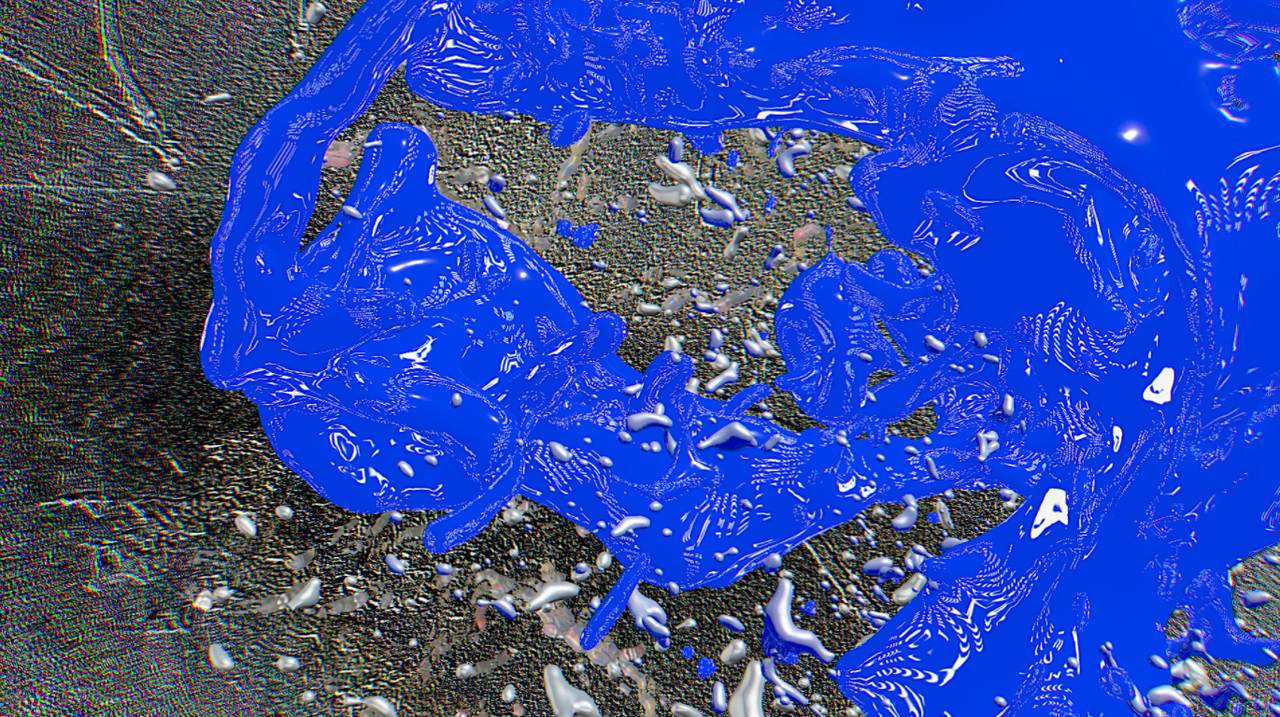

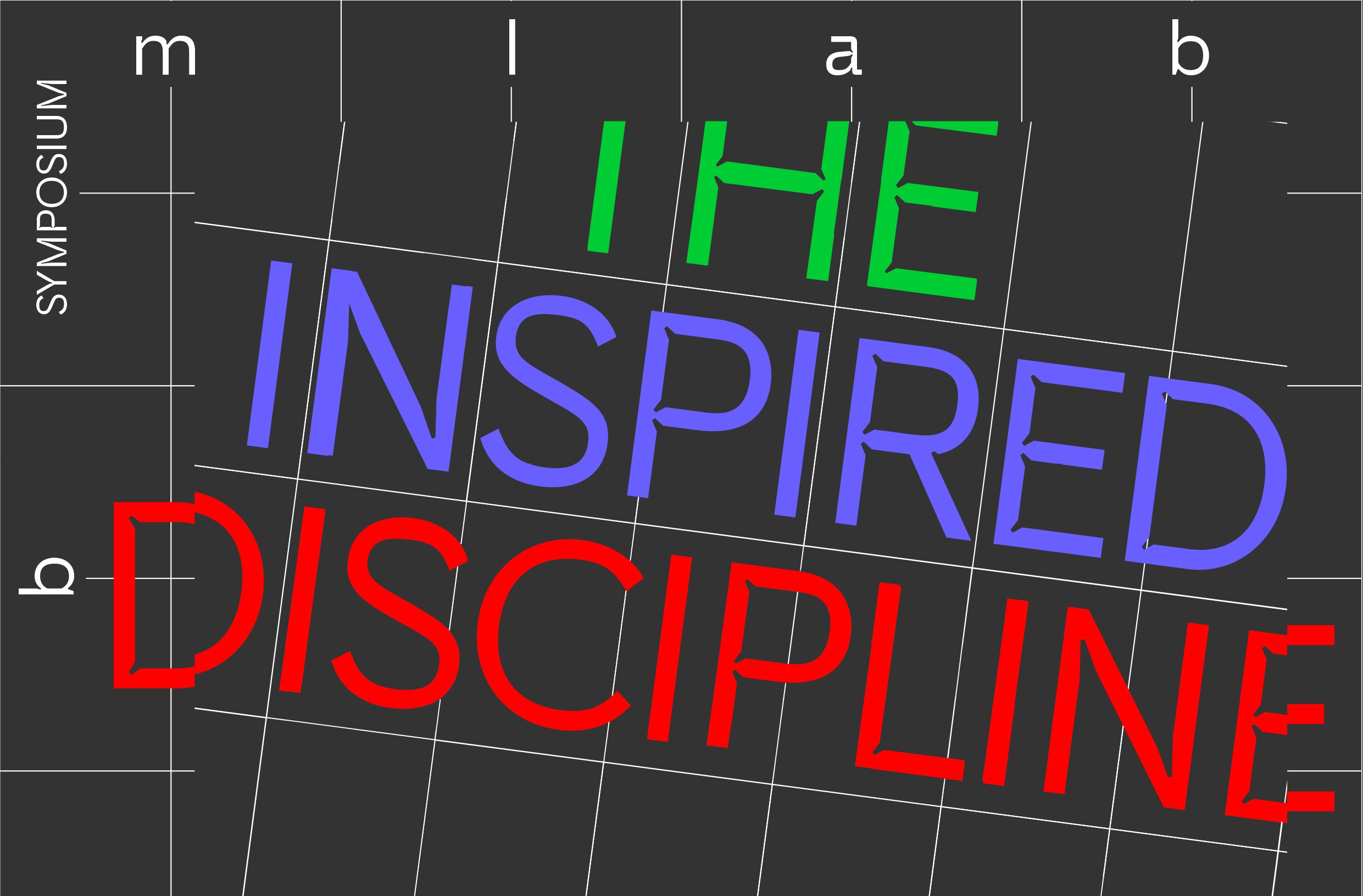
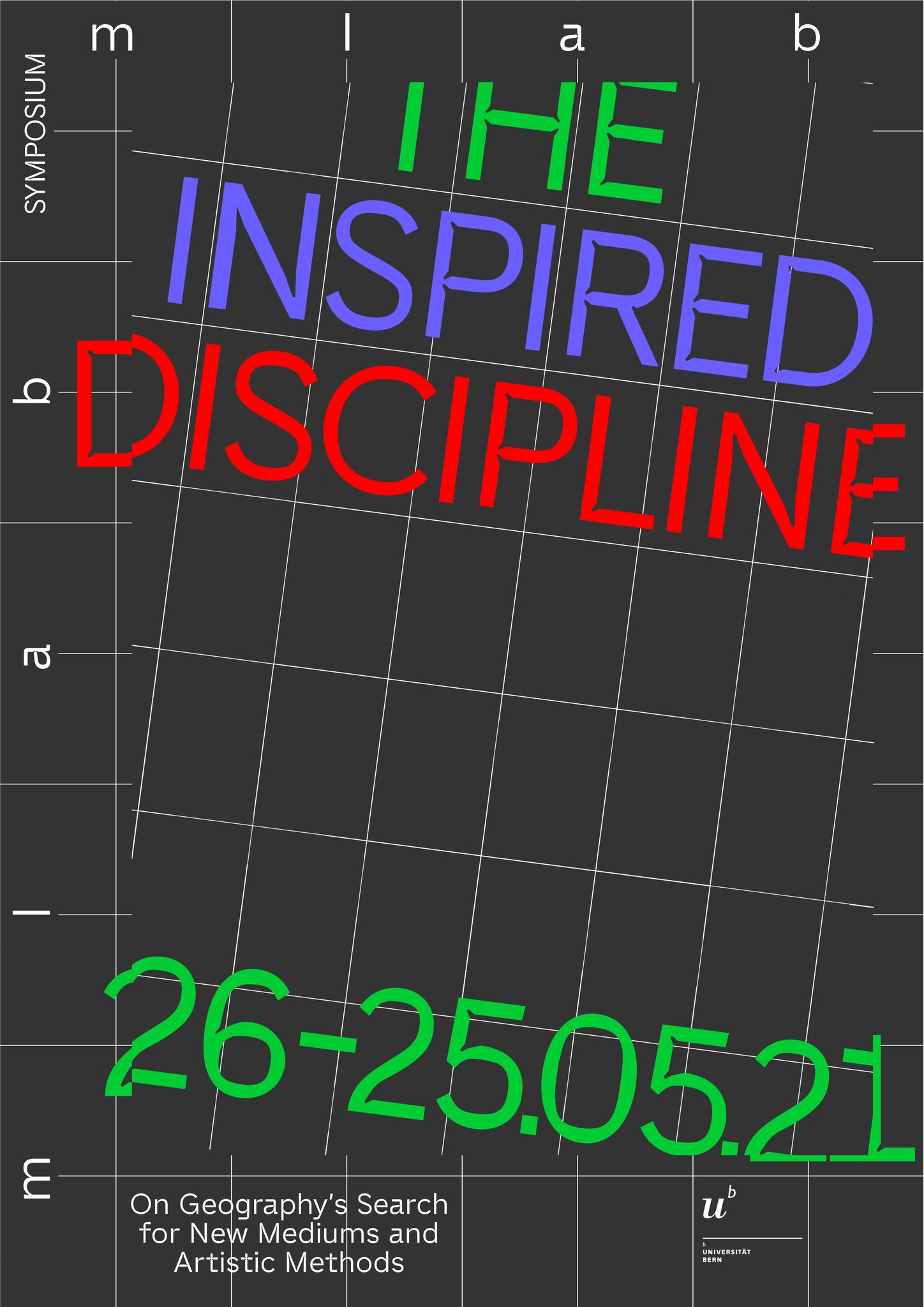



Geography, as well as various other academic disciplines, are increasingly engaging in interdisciplinary dialogues with the arts, leading some to speak of a creative turn in recent years. In this process, geographers have begun to experiment with creative research practices that respond to critique concerning the limits of representing geographical research exclusively or mainly through academic texts, as well as narrow research methodologies. This symposium is an invitation to discuss, reflect and learn how aesthetic experiences impact the communication and perception of scientific content, and to explore original ways of doing and representing geographies. In particular, we focus on new multi-sensory and affectual methods as well as collaborative methodologies which can help us conduct research differently, generate distinct kinds of knowledge, and provide the basis for new epistemologies.
This symposium brings together renowned individuals working at the intersection of geography, knowledge production and art. In the lectures, workshops and final discussion, we will explore promising new mediums and artistic methods for research and teaching. We specifically ask: How can an engagement with the arts enrich ways of doing geography in concrete and practical ways? To what extent can participatory and collaborative research change the relationship between academic geography and the wider public? And lastly, how can art contribute to creating other qualities and forms of knowledge?
Organisation:
Mirko Winkel (mLAB)
Elisabeth Militz (Unit Social and Cultural Geography)
Alexander Vorbrugg (Unit Critical Sustainability)
Support:
Claudia Pfister

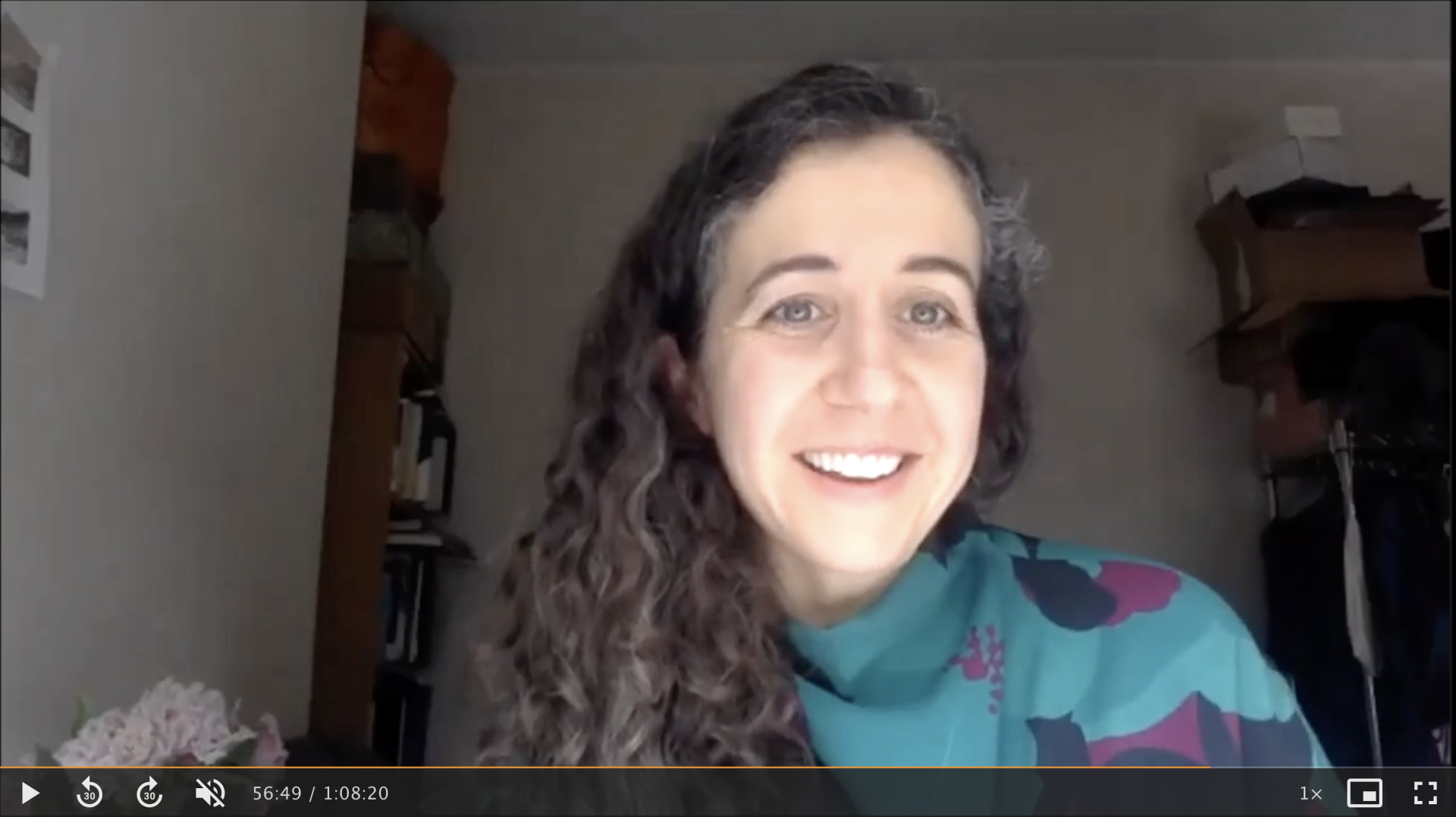
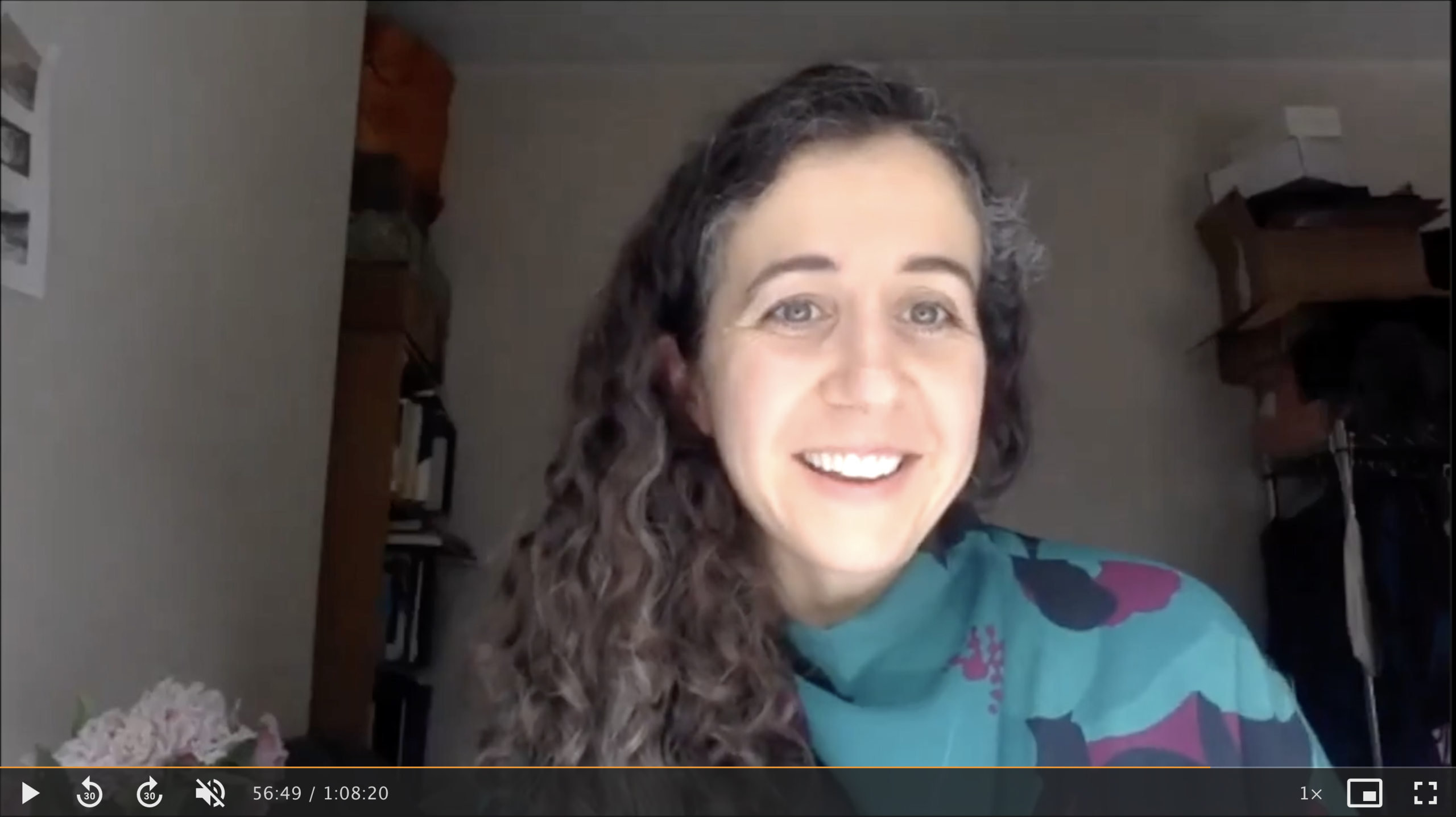


HARRIET HAWKINS
Harriet Hawkins, professor of Geography at Royal Holloway, University of London, has been collaborating since many years with artists and creative practitioners exploring the relationship between creativity and research and has published extensively on this topic. In her talk, she will consider the ‘newness’ of the ‘creative turn’ within and beyond geography. She will query how different ‘mediums’ might make knowledge differently, and what the status of this knowledge is. In doing so, she will reflect on how geographers have turned to creative practices and artistic collaborations for research methods appropriate for contemporary concerns such as embodiment, emotions and affects and the desire to engage broad participants within their knowledge-making. She will explore how creative practices continue to challenge geographers to expand their understanding of the kinds of ‘outputs’ their research might have, and how and who these outputs might engage.
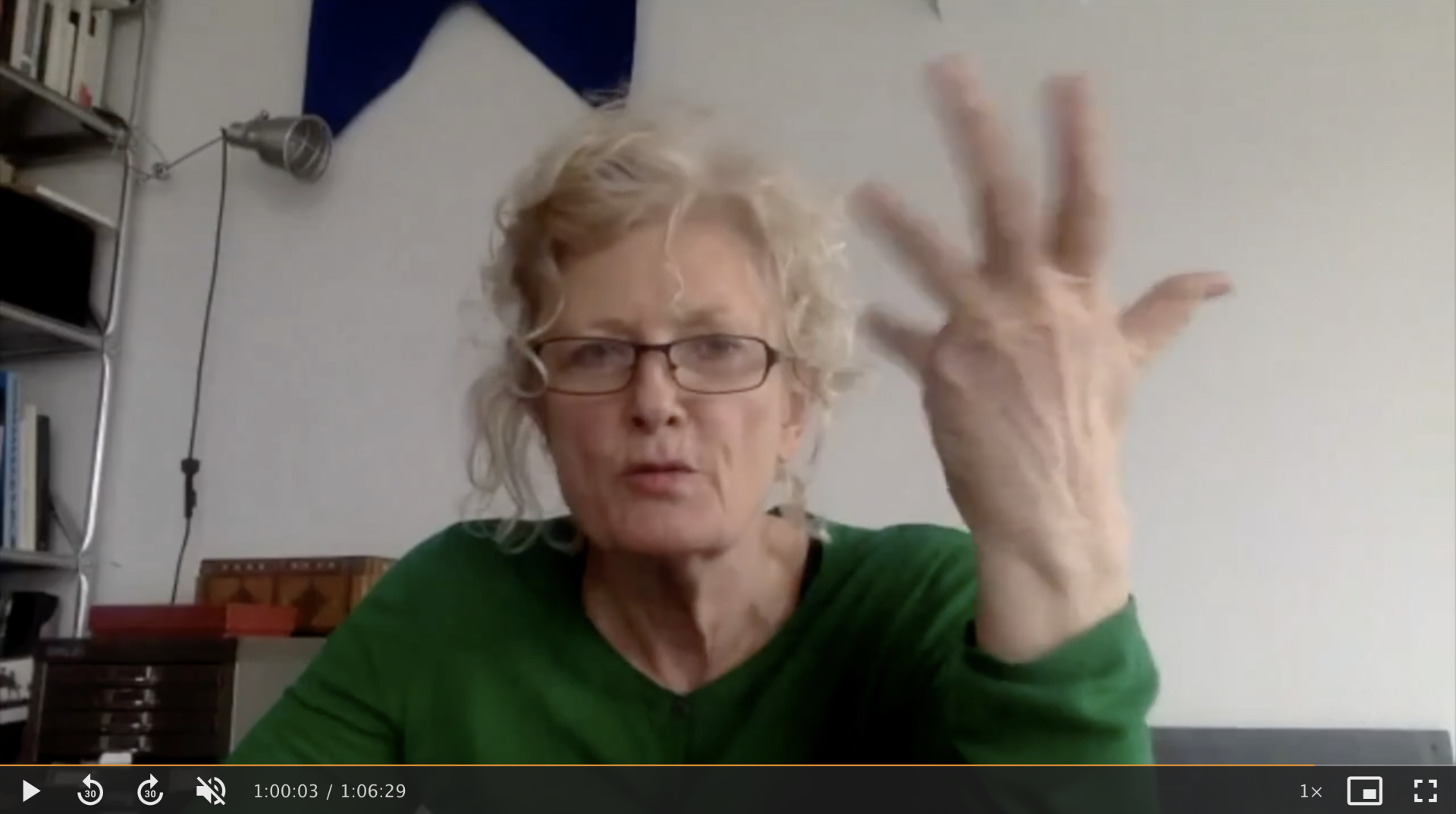
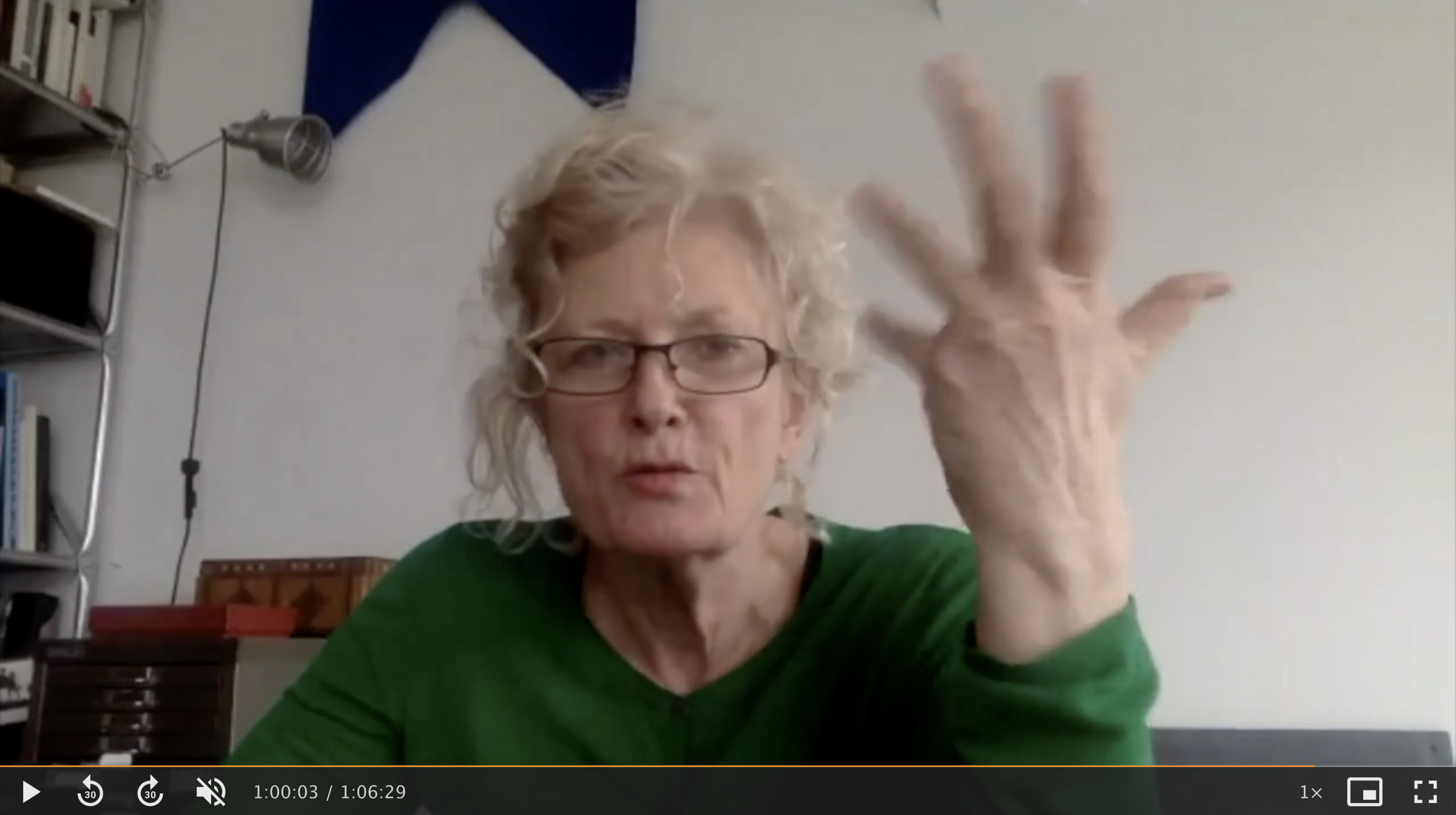


HANNAH HURTZIG
For more than 20 years, the theater maker Hannah Hurtzig has been developing performative and collective formats of knowledge production and dissemination. With her company Mobile Academy Berlin, she stages elaborate dialogical formats that go beyond the concepts of congress, theatre or film. One example is The Market for Useful Knowledge and Non-Knowledge, which has been shown in 24 cities worldwide, lately with Colombia’s truth commission in Bogotá. In this project, 100 experts from science and other spheres are simultaneously assembled around a specific topic, like in Bogotá: Of Amphibious Cultures, Container Terminals, and Liquid Tombs to “trade” knowledge with a much larger audience – an analog counter-model to Wikipedia. In her presentation, she will share her latest insights on the staging and archiving of knowledge, especially on the topic of “the dead” and how they can be represented on stage. Here, she is particularly interested in sensitive knowledge that resists being a spectacle.
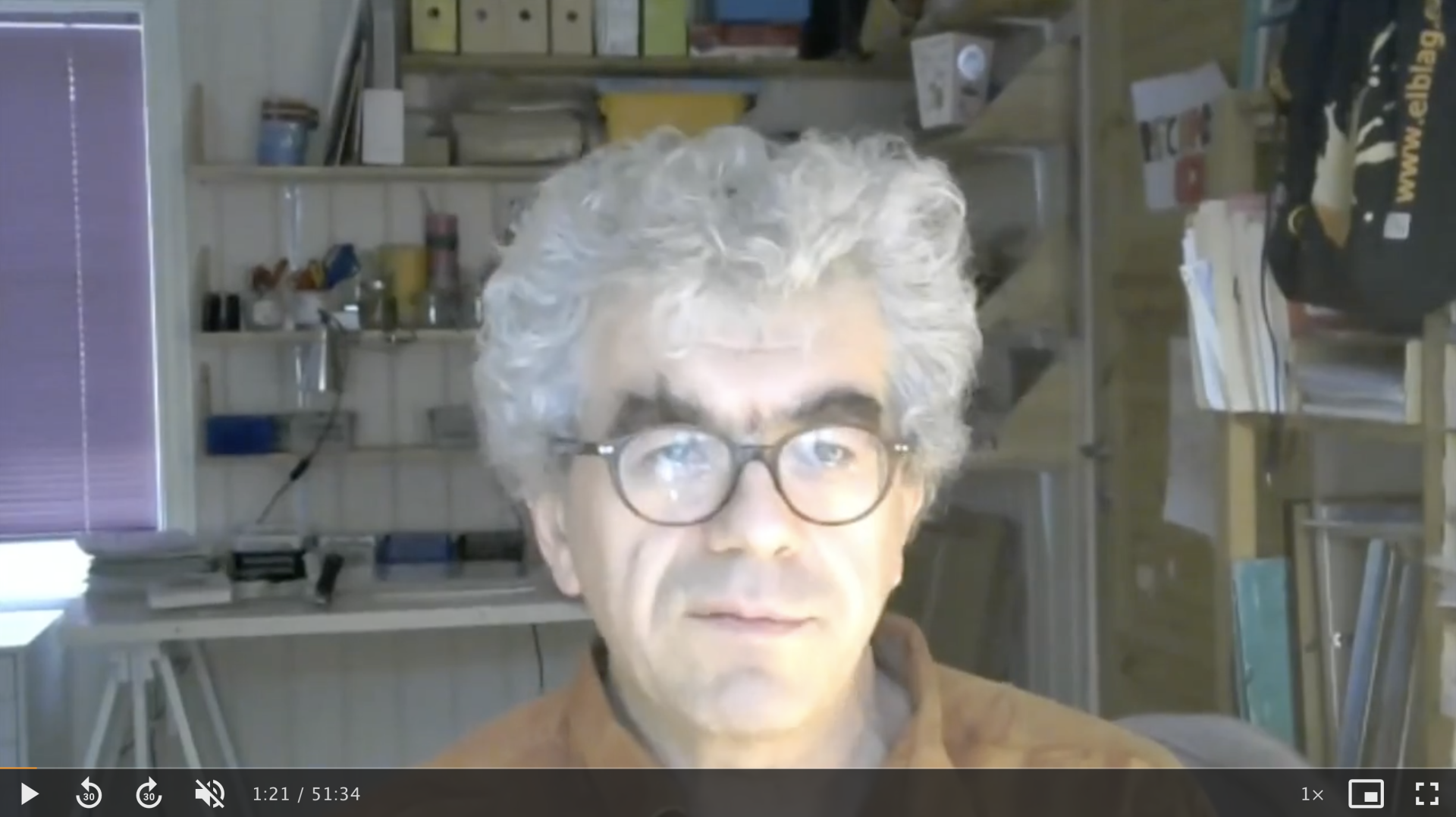
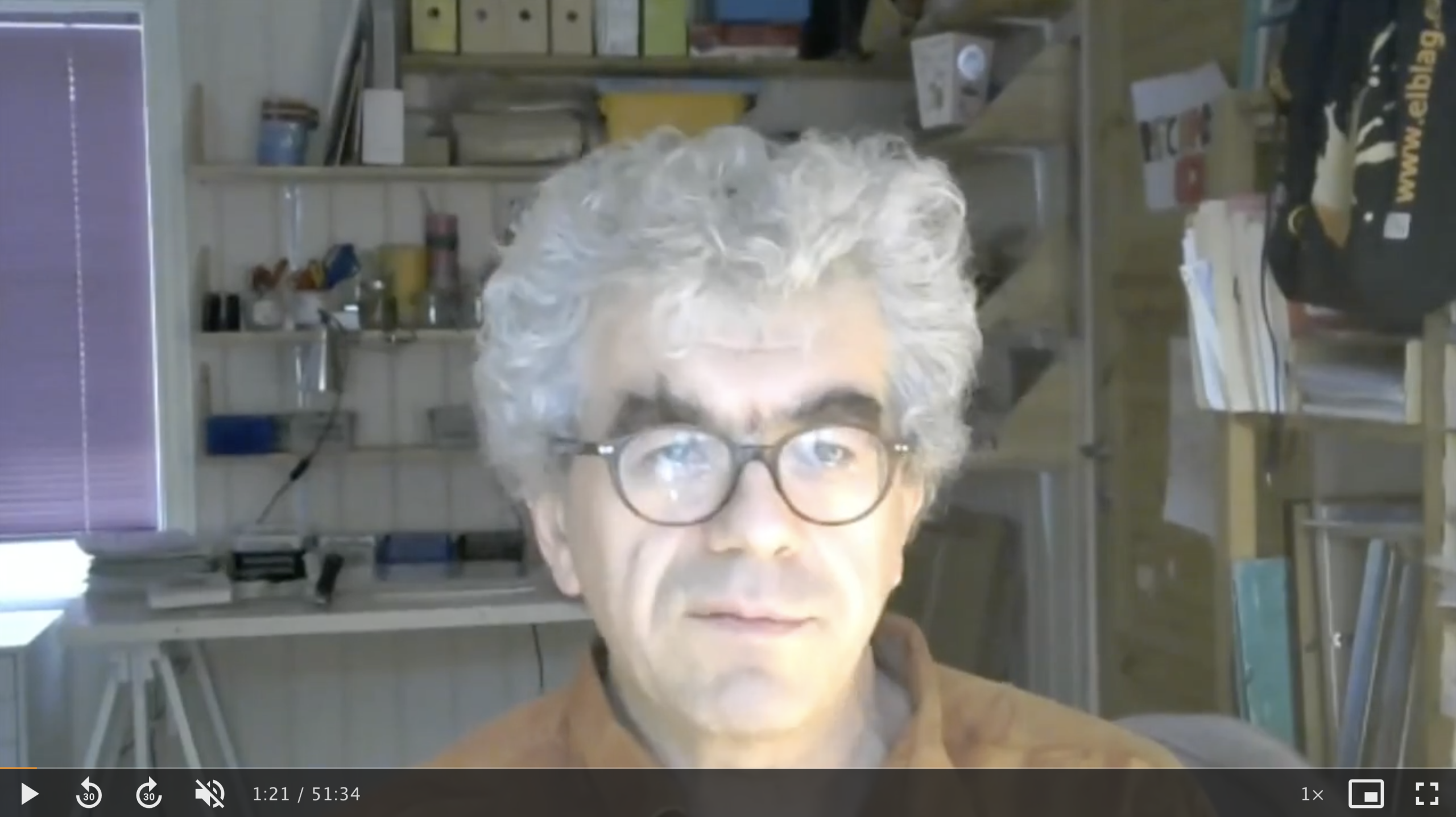


PHILIPPE REKACEWICZ
Philippe Rekacewicz is an experimental cartographer, information designer and geographer. Since 1988 he has published more than 2000 original thematic maps, 15 atlases, e.g. for Le Monde Diplomatique, Atlas der Globalisierung, and an array of research articles. He was heading the GRID-Arendal in Norway, a communication center of the United Nations Environment Program (UNEP). He works for art museums and international organizations and is co-coordinator of the website visionscarto.net. He is now an associate researcher at the University of Helsinki. He is interested in the political use of maps in particular in questions relating to migration, refugees, forced displacement of populations, and borders.
Centered around the question of what is absent on regular maps, and on the idea that “there is no such thing as an innocent map”, Philippe Rekacewicz will present the practice of radical and experimental cartography and the intersection with art through numerous examples.
09:30: Workshop (for registered participants only)
We will practically try out a method to construct (analogue) maps that make ‘visible’ processes and spatial inequities that often remain invisible. No previous technical knowledge required.
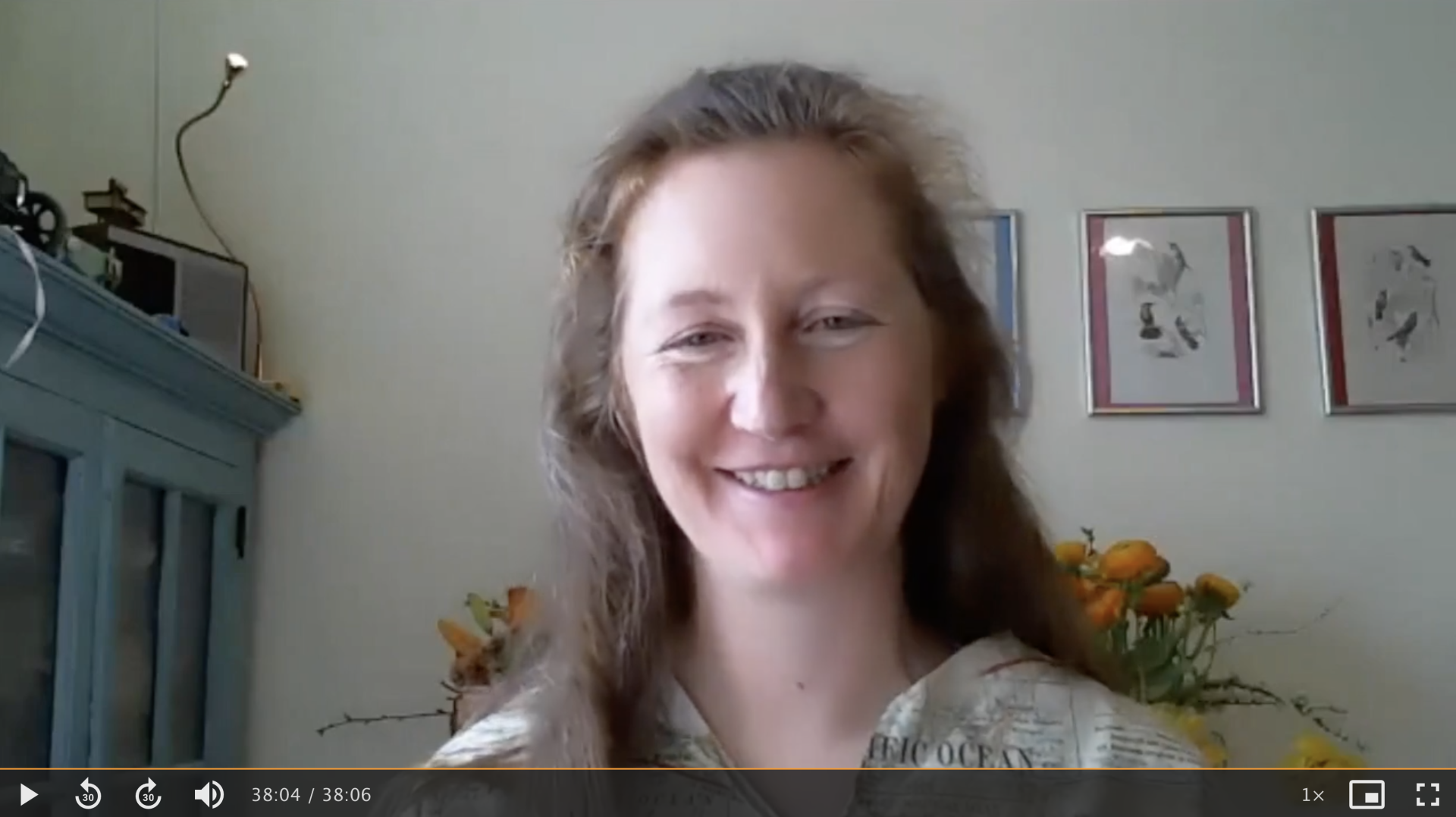
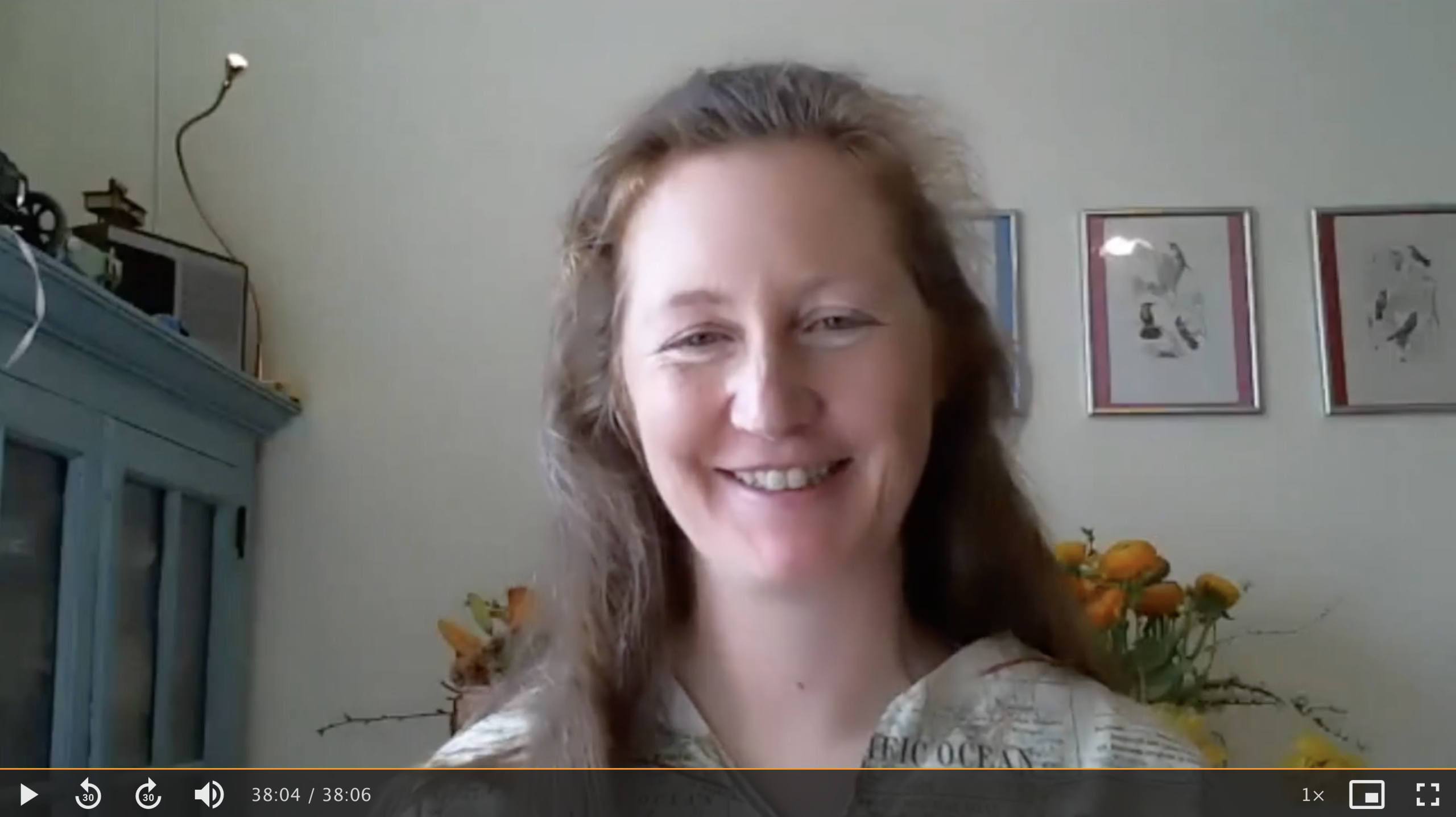


JULIET FALL
Juliet Fall is professor of Geography in the Department of Geography and Environment at Université de Genève. Her work advances political geographic research in political geography, visual studies and feminist epistemologies. She has extensively contributed to visual geographic studies through making and teaching scientific documentaries and publishing work in scientific journals as comics.
Through examples of her own recent work, Juliet Fall will discuss how comics add to knowledge production on space, place and territory by playing on links between images and words. Comics are used as interesting starting points to think about how all geographical knowledge is situated and constructed, and they will be used to explore how this visual language can be thought of as a bridge between empirical and theoretical knowledge that relies on the active construction of meaning carried out by the reader.
12:00: Workshop (for registered participants only)
In this online workshop, we will explore some aspects of the visual language of comics and how we can build visual stories from observations carried out in the field. We will also discuss how new digital technologies can make this a little less scary and a lot more fun.
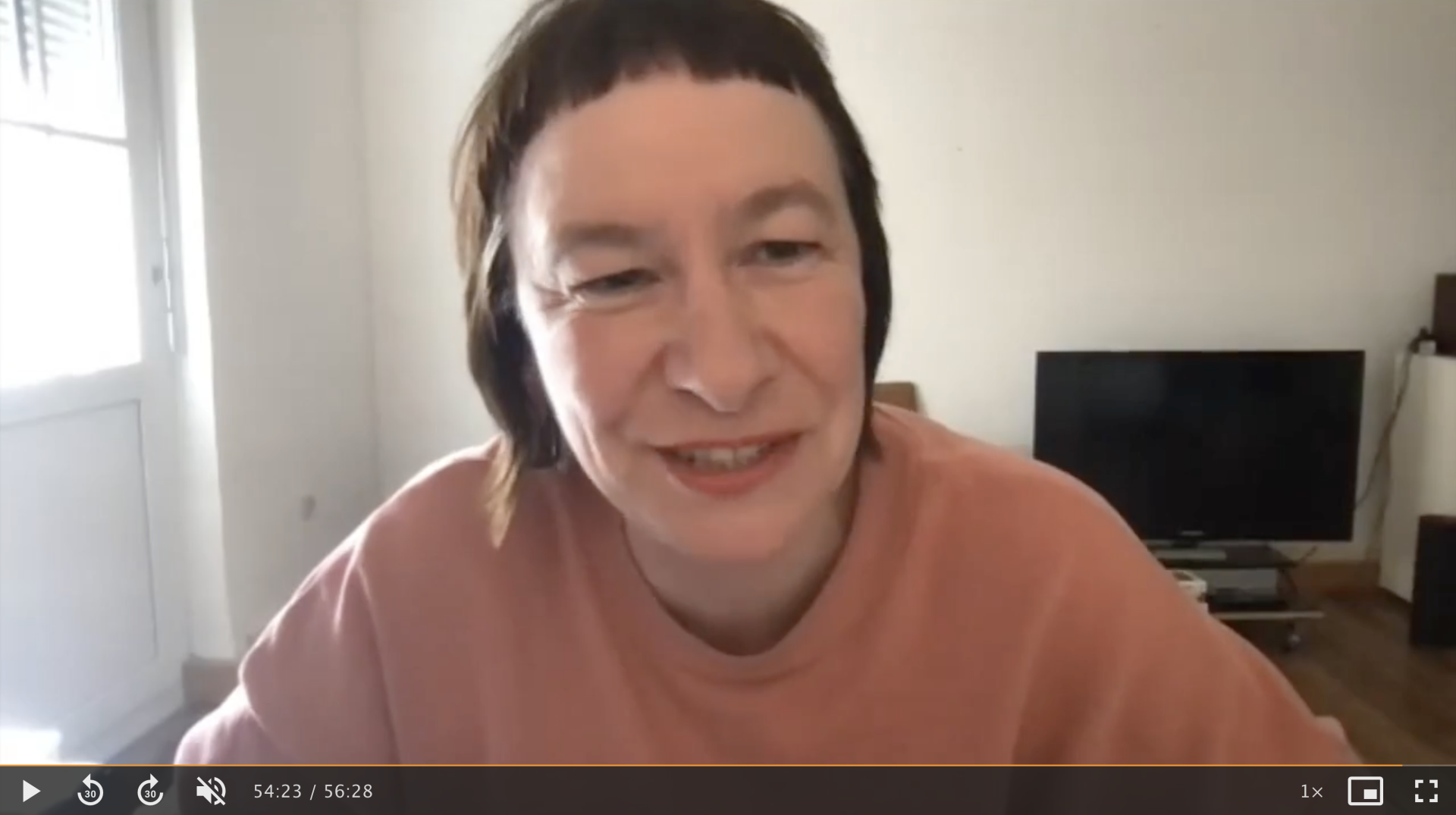
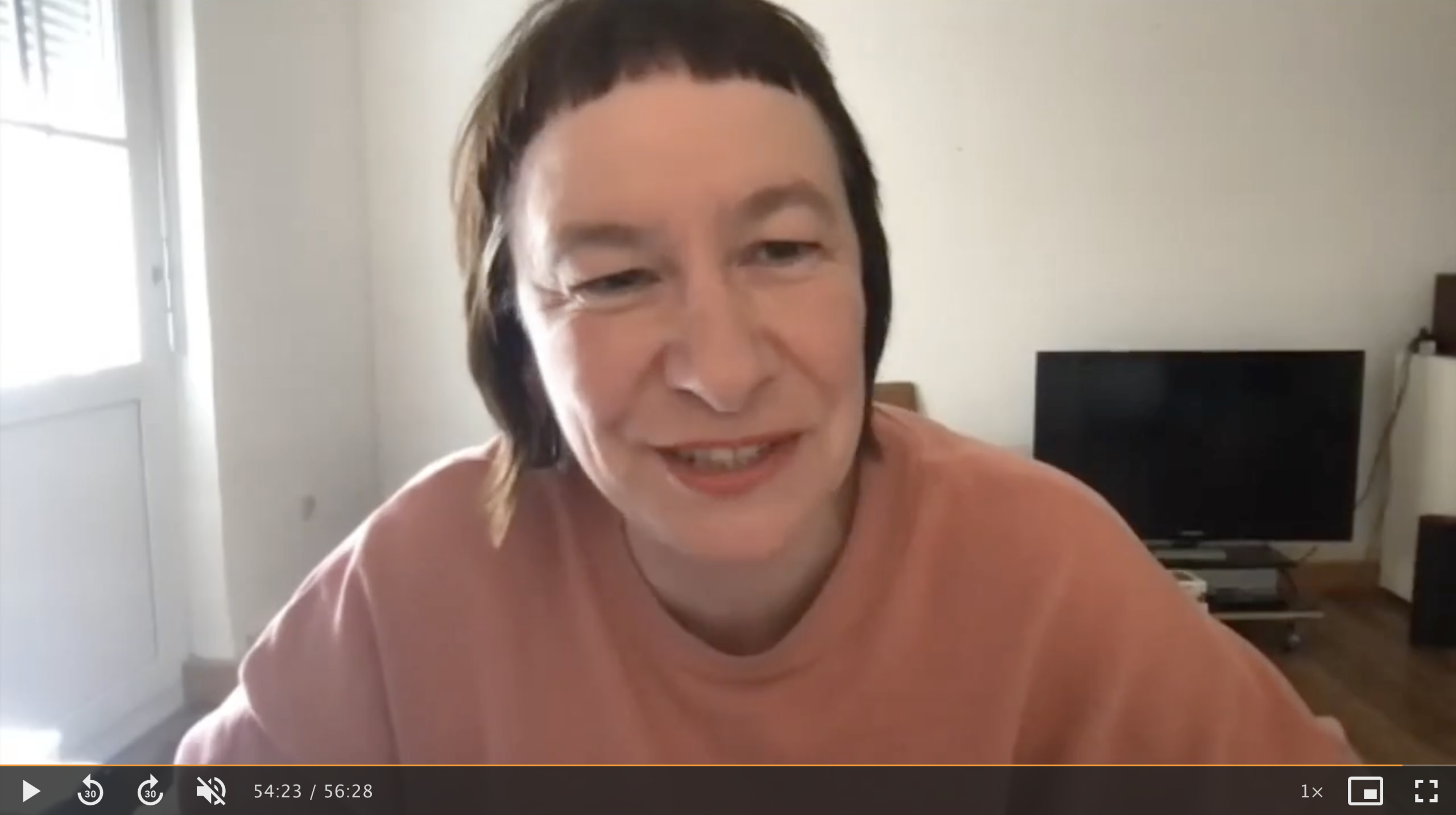


CONSTANZE FISCHBECK
Constanze Fischbeck works as a stage designer, filmmaker and curator. She is also a professor of scenography at Karlsruhe University of Arts and Design (HfG). The starting point of Constanze’s work is space, the presence and the social context of specific places. In her filmic works she combines spatial analysis with staged discourse and performative as well as documentary elements and places them in cities such as Lagos, Tehran, Berlin, Detroit, Beirut and Mönchengladbach. In her set designs for the theatre, projected and moving images interact with transforming architectures. Constanze Fischbeck’s works are often created collaboratively and in dialogue with protagonists, directors, choreographers and artists. Her work has been widely recognized internationally, and she has won numerous awards at architecture and experimental film festivals.
Based on some examples of her work, Constanze Fischbeck will give an insight into dramaturgical strategies and demonstrate ways of describing a place by combining contradicting perspectives.
Workshop (for registered participants only)
In the form of an exercise in documentary practice, the workshop will focus on how to access different levels of narrative about a place. We will also look at ways to incorporate staging strategies as an artificial construction of space.
STEFAN BRÖNNIMAN, JULIET FALL, CONSTANZE FISCHBECK, HARRIET HAWKINS, PHILIPPE REKACEWICZ, ELISABETH MILITZ,
In a concluding roundtable discussion, we will risk an outlook for creative practices and new formats in spatial research. The workshop leaders and speakers of the event as well as members of the Institute of Geography will share their answers to questions such as the added value of new mediums and creative formats for geographic research, (new) evaluation criteria that are necessary or the undiscovered potentials of certain formats.